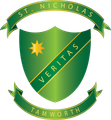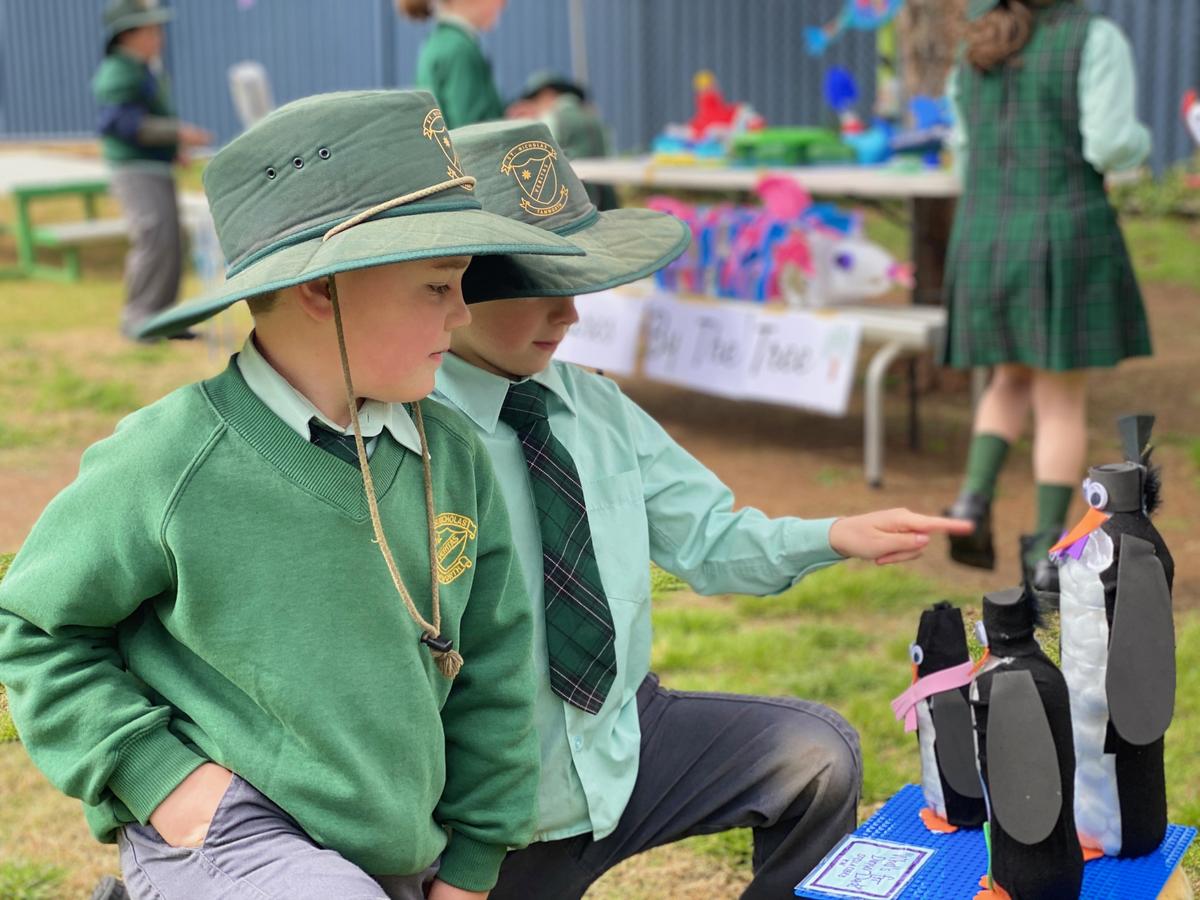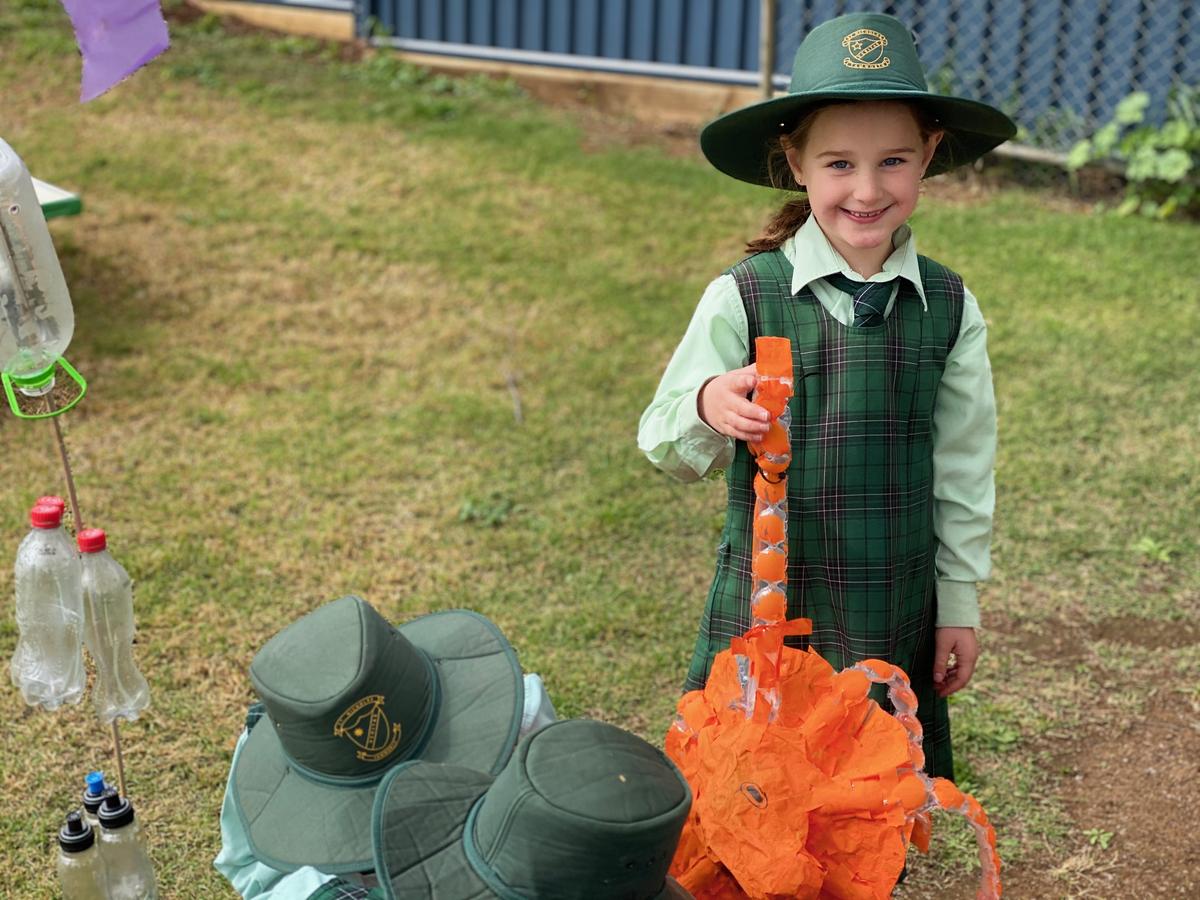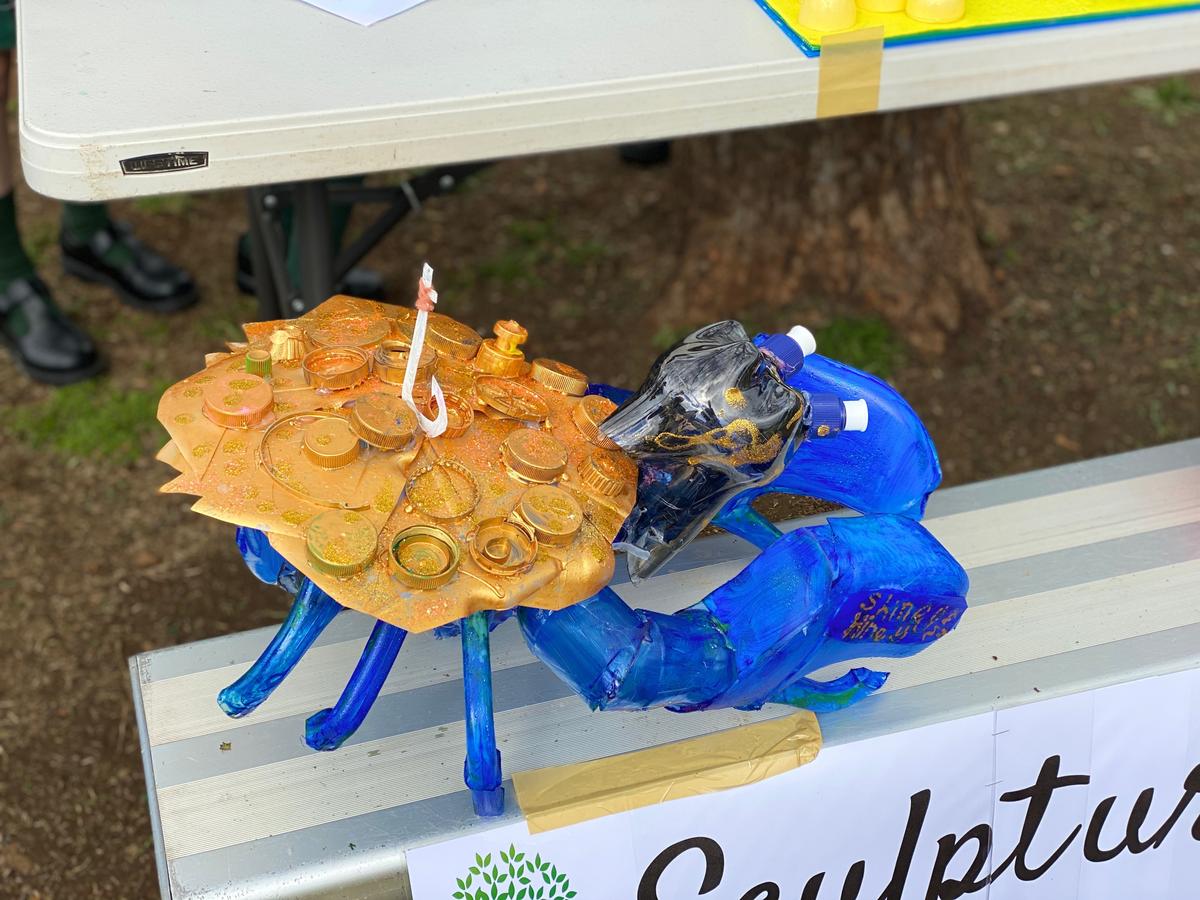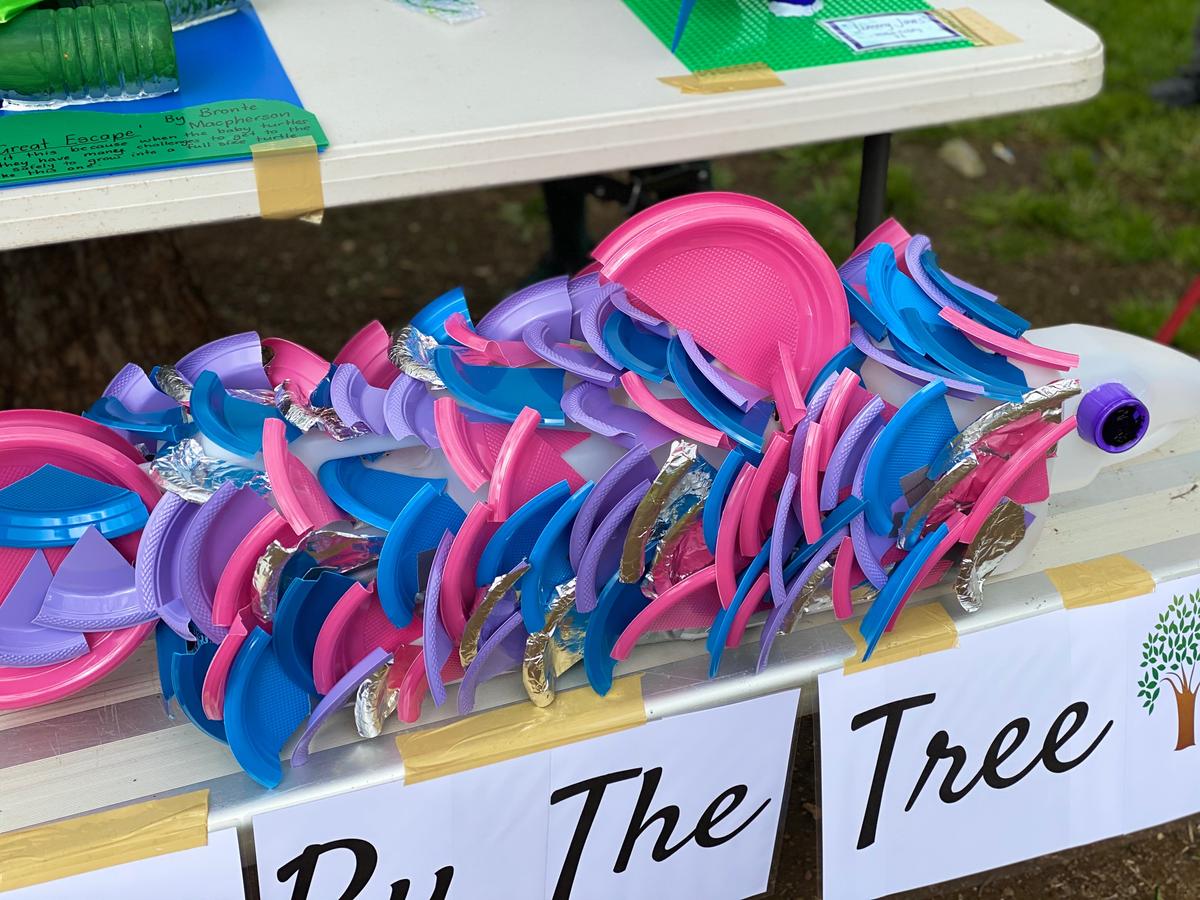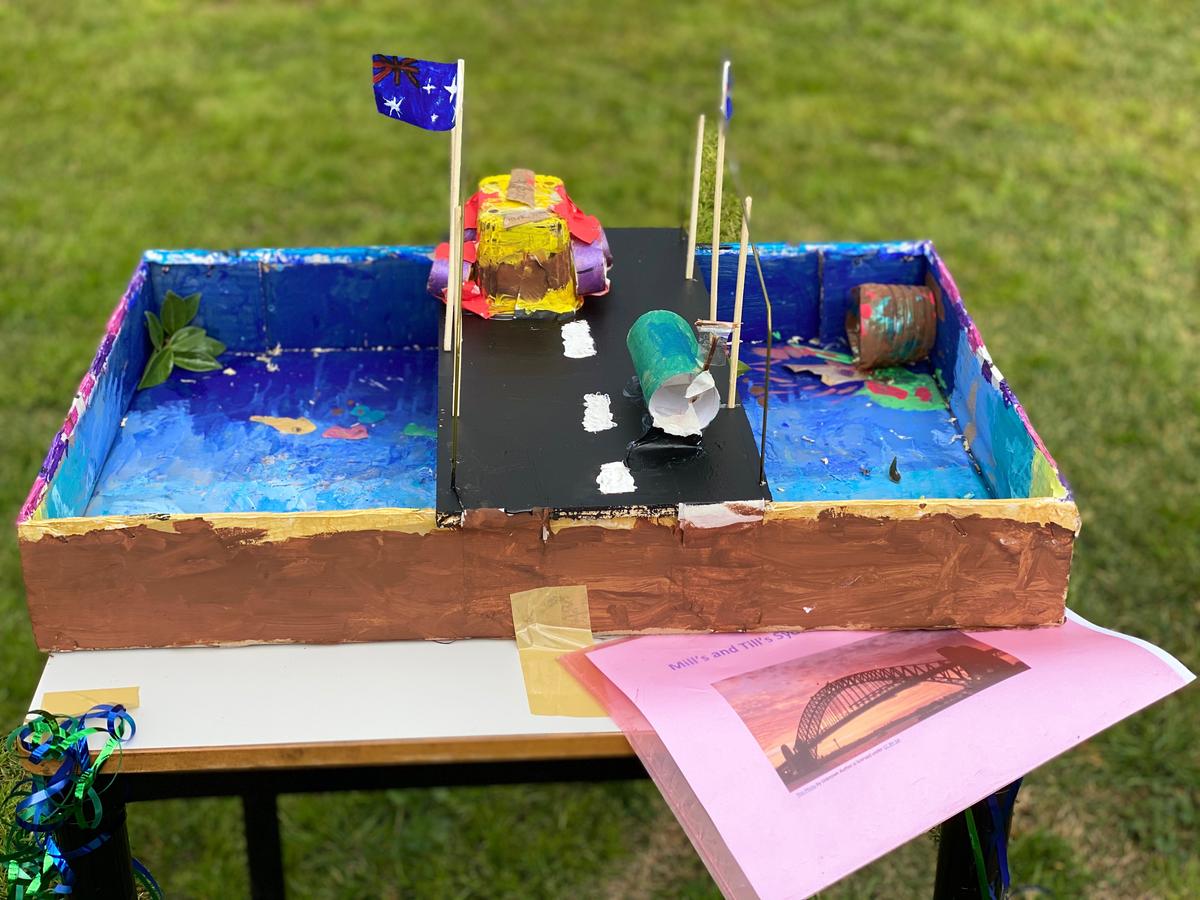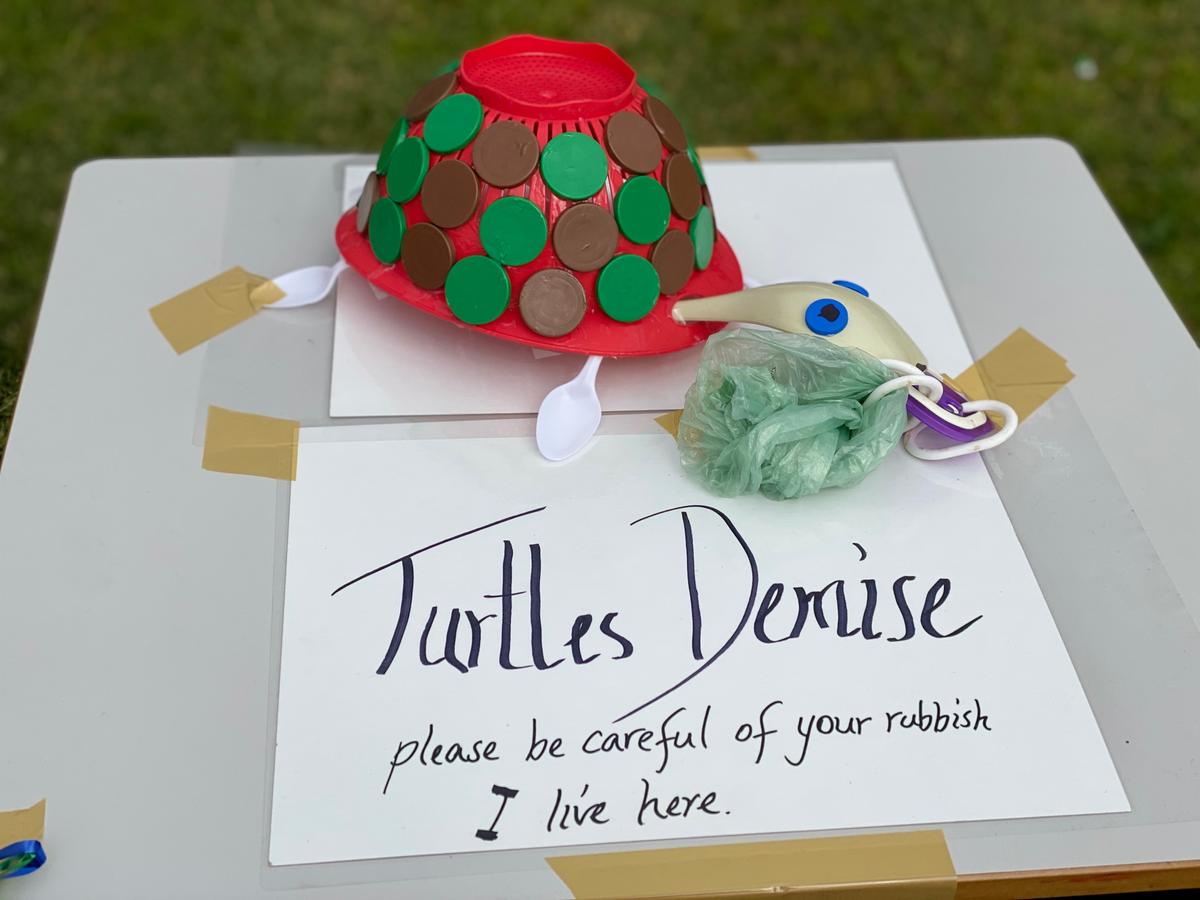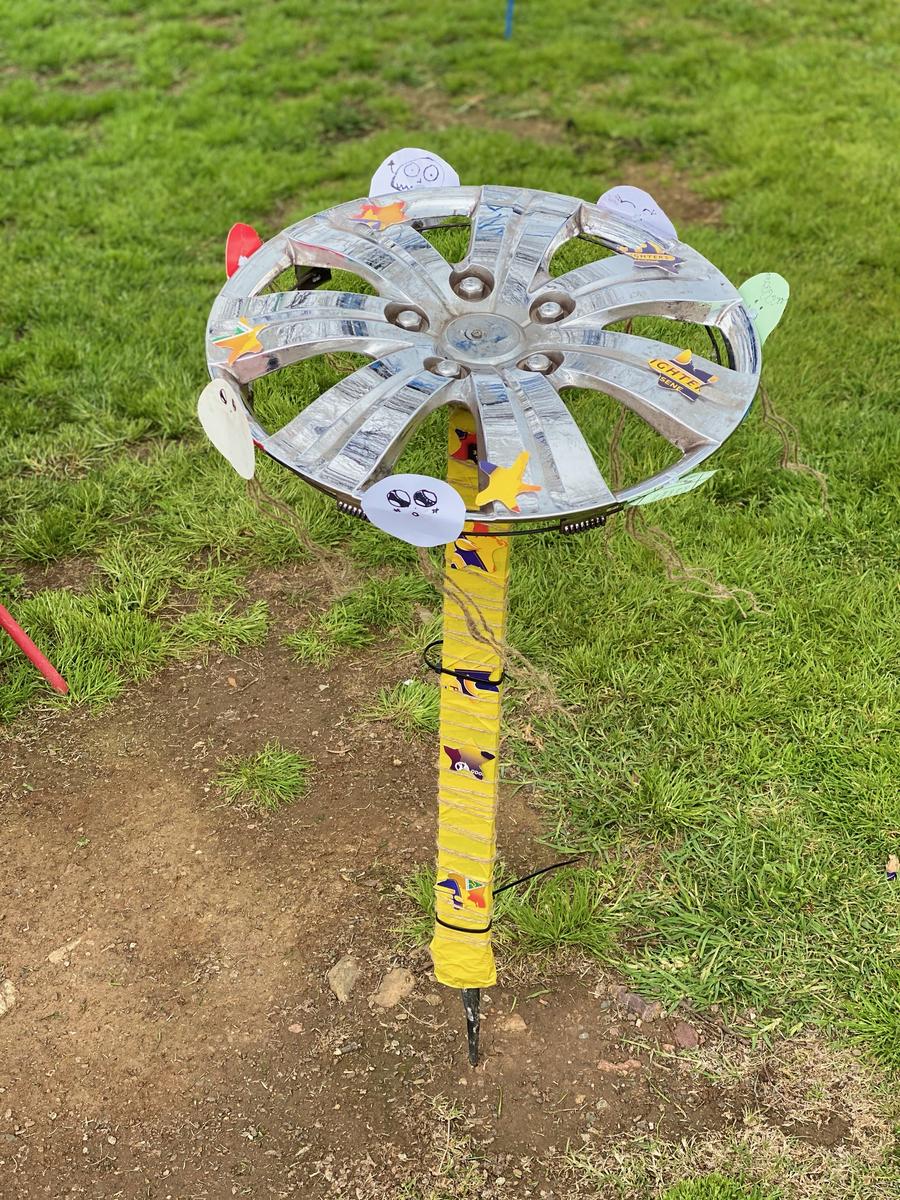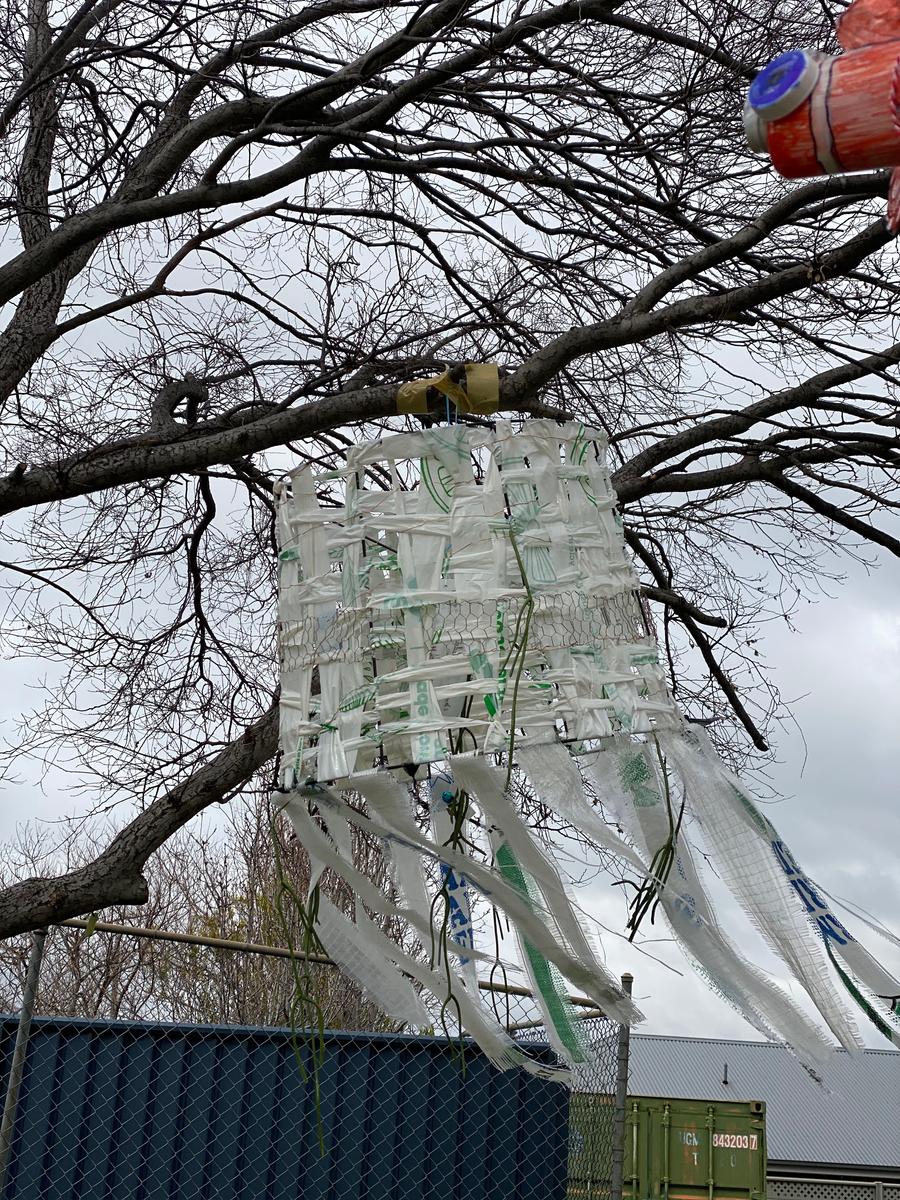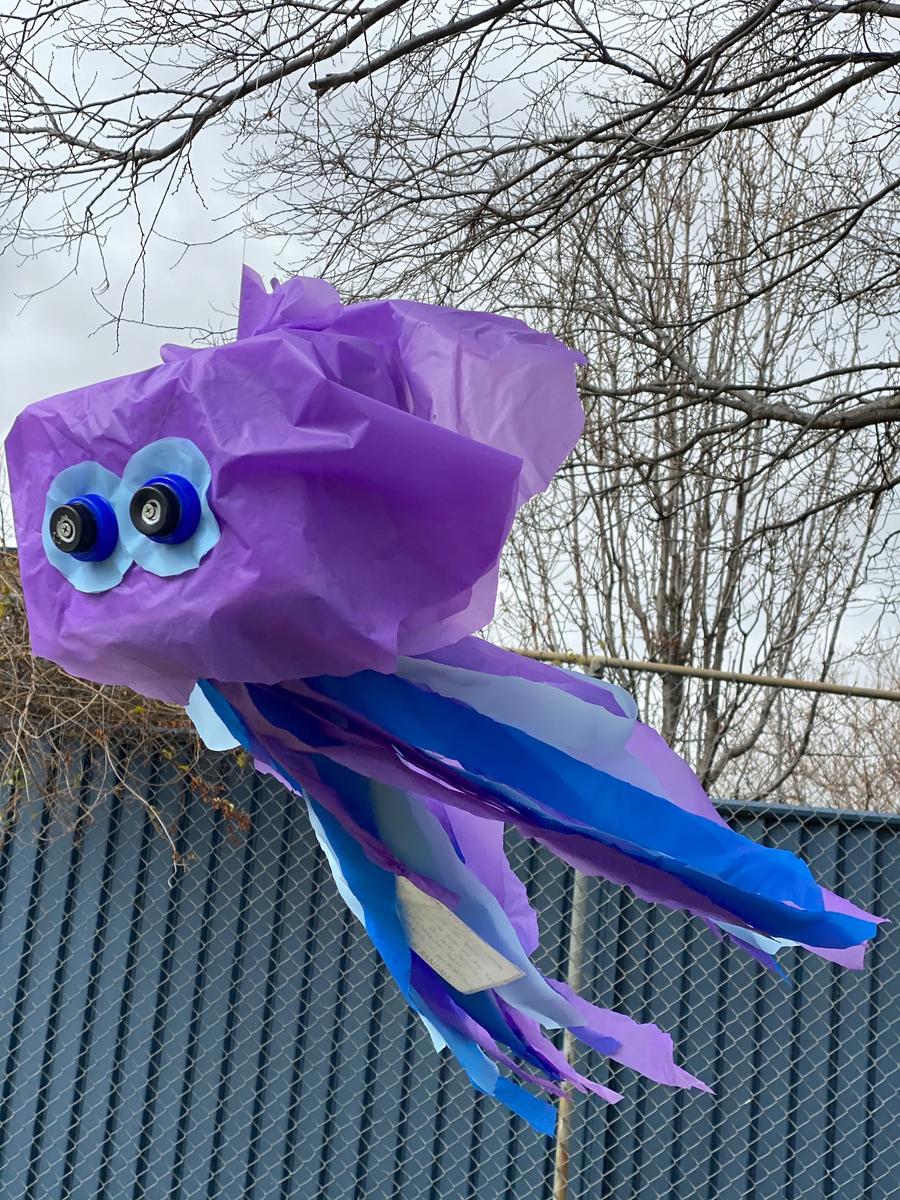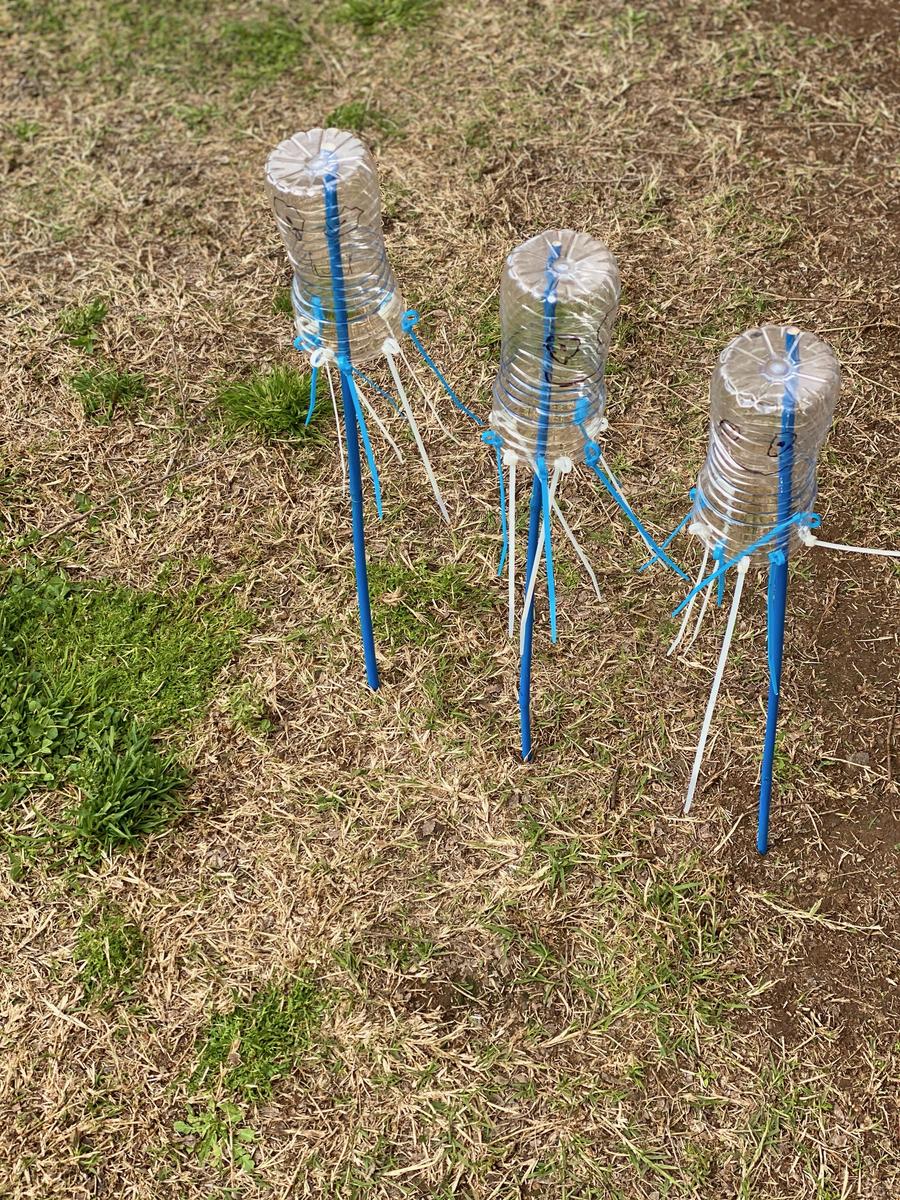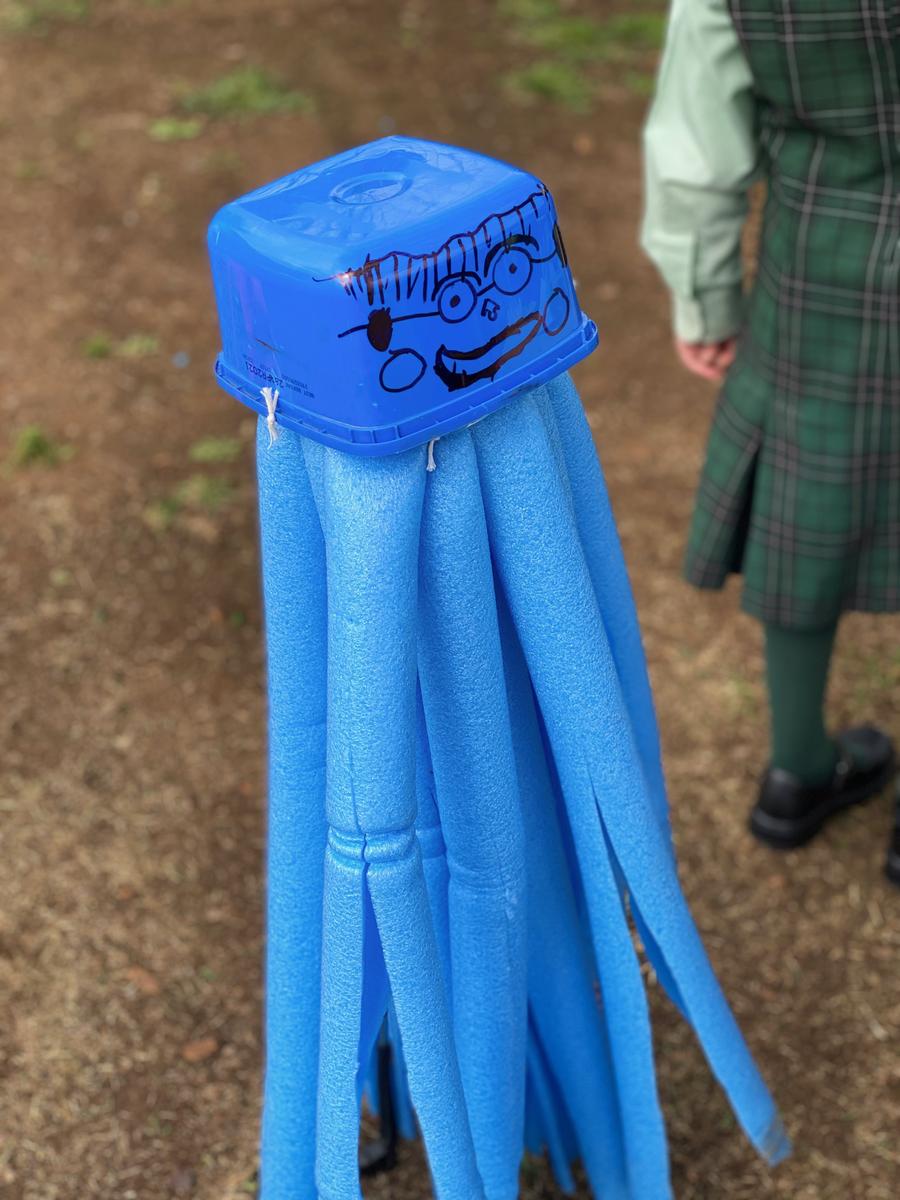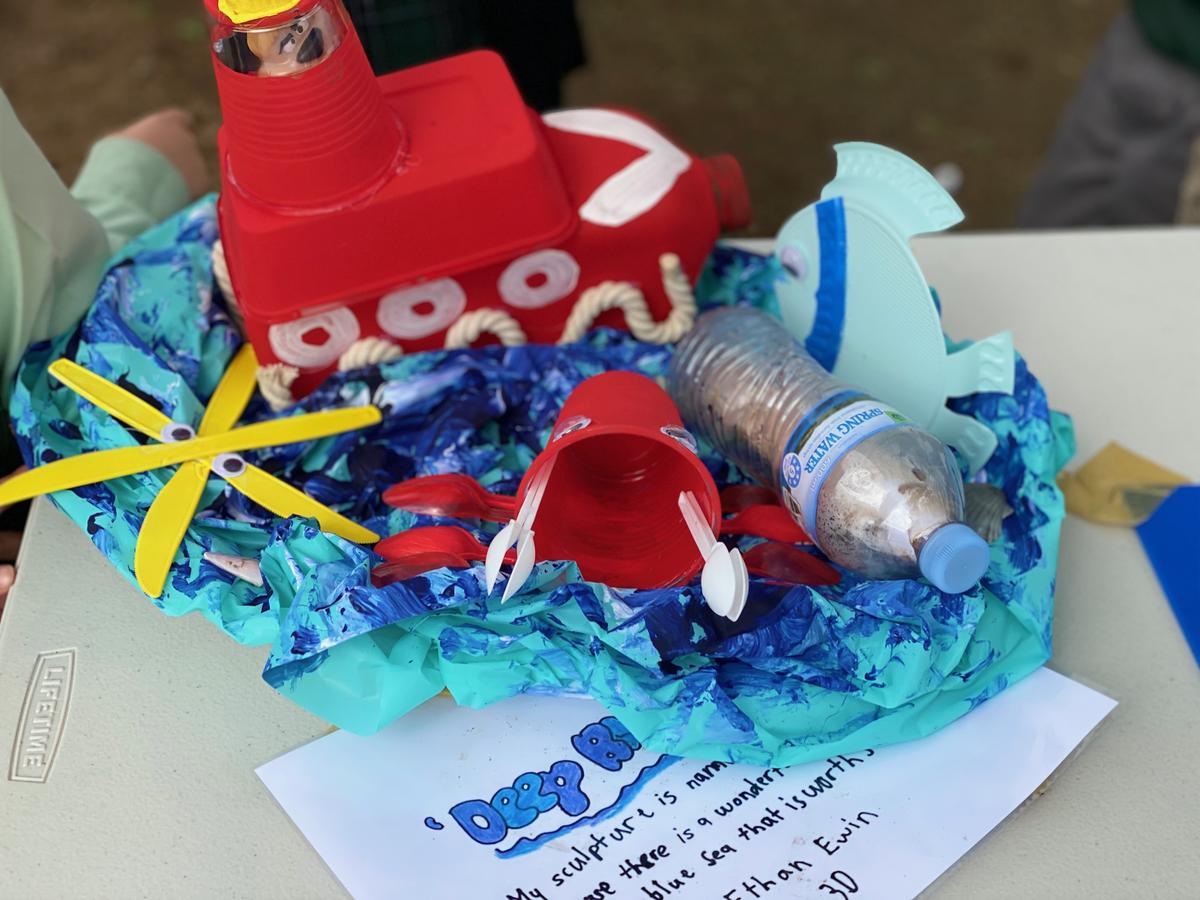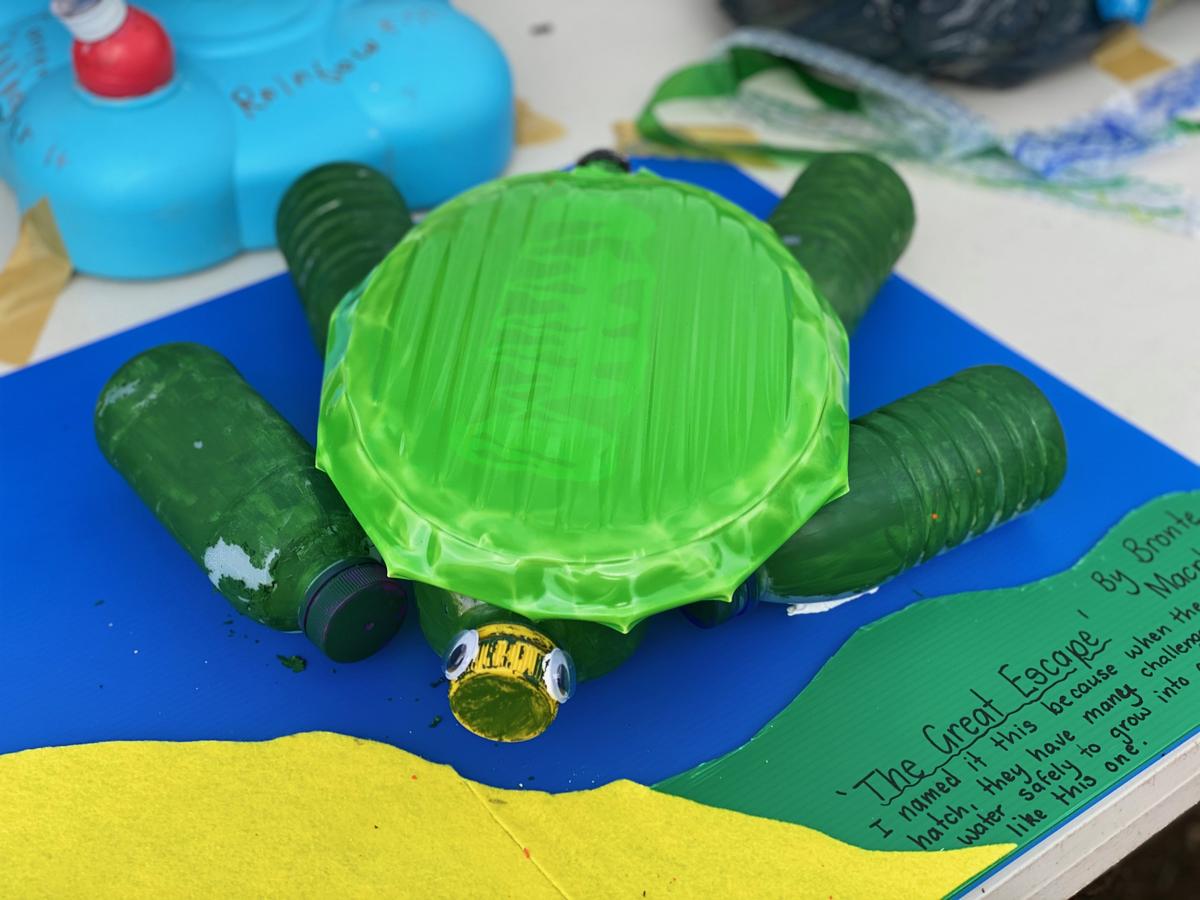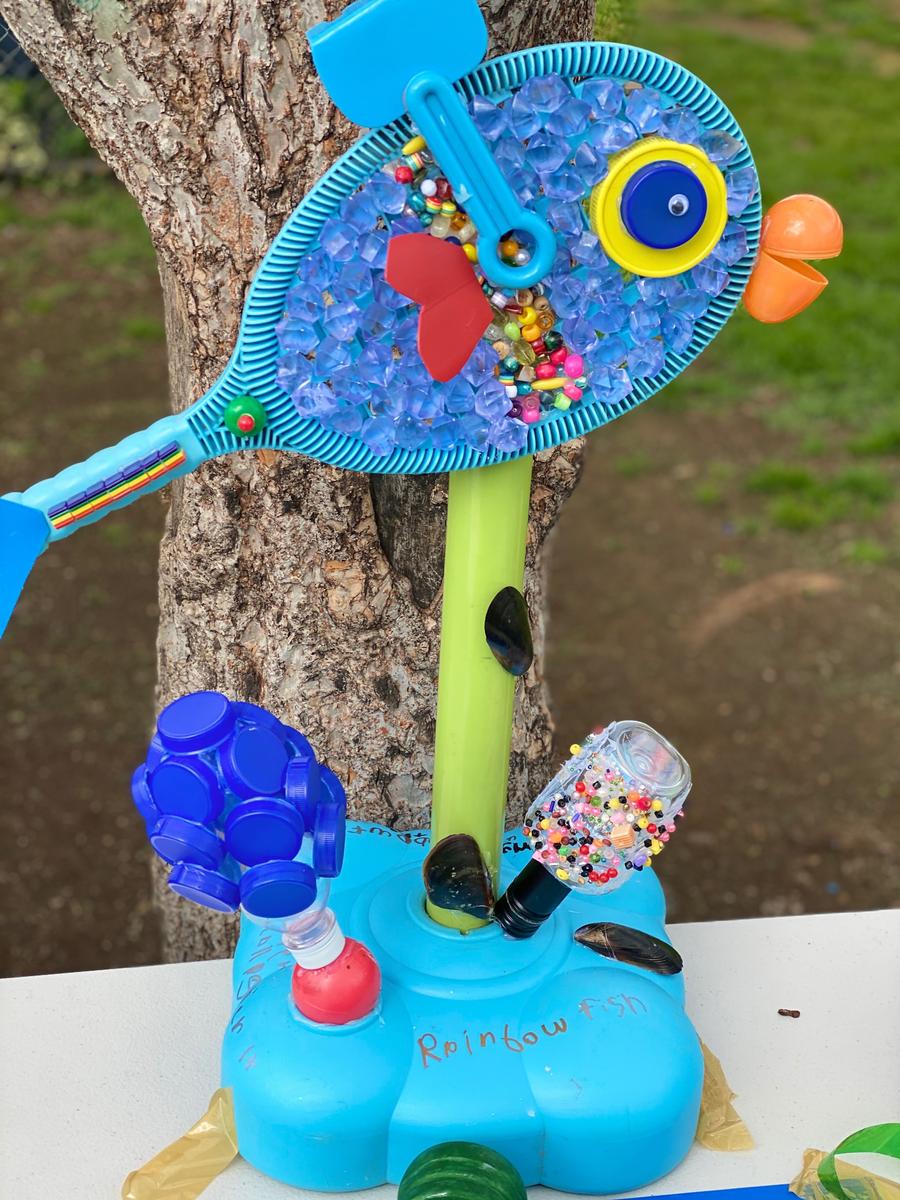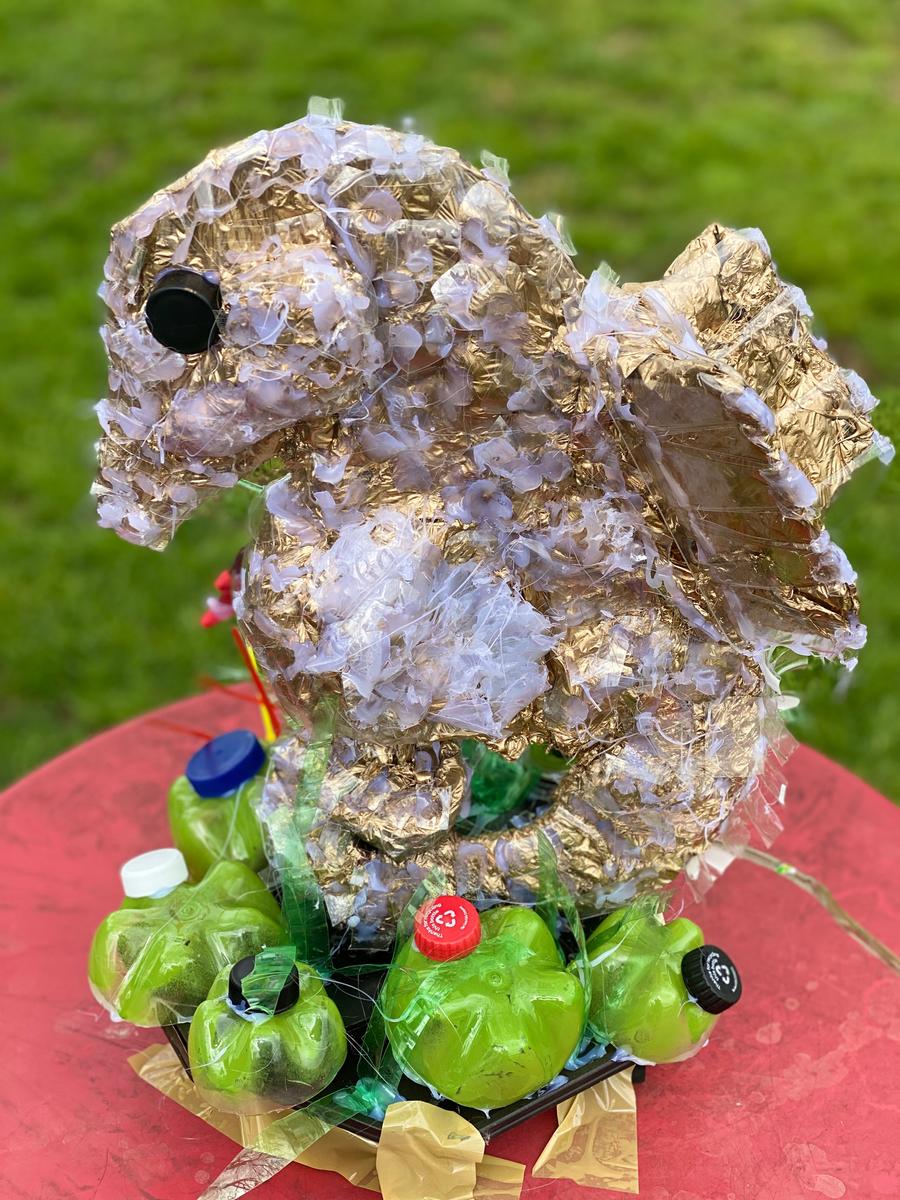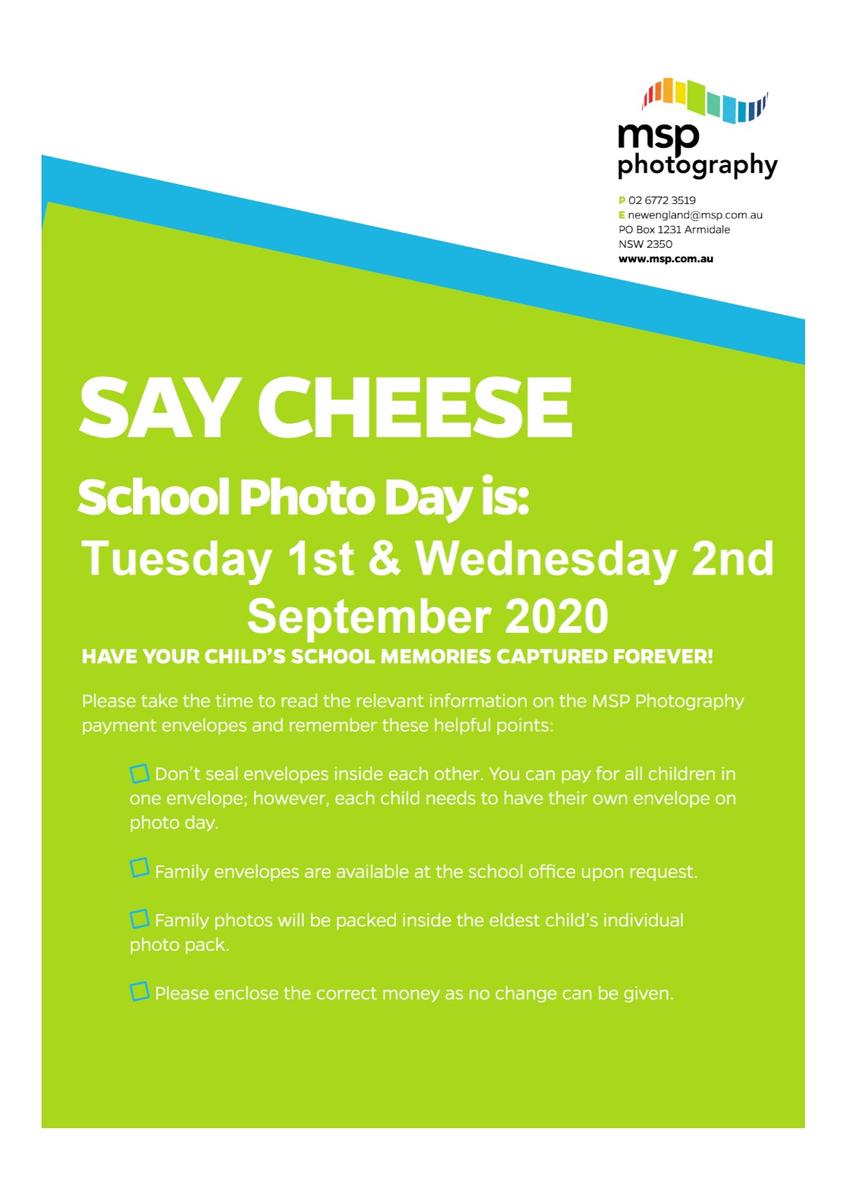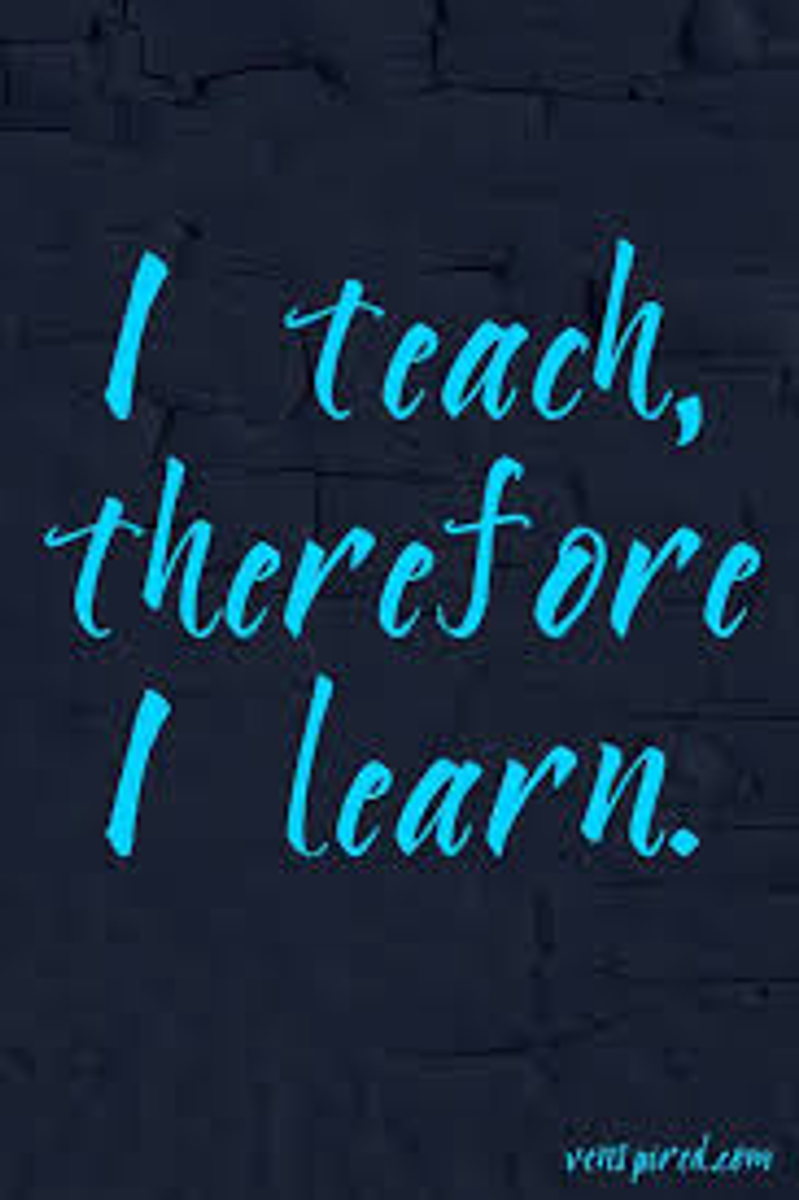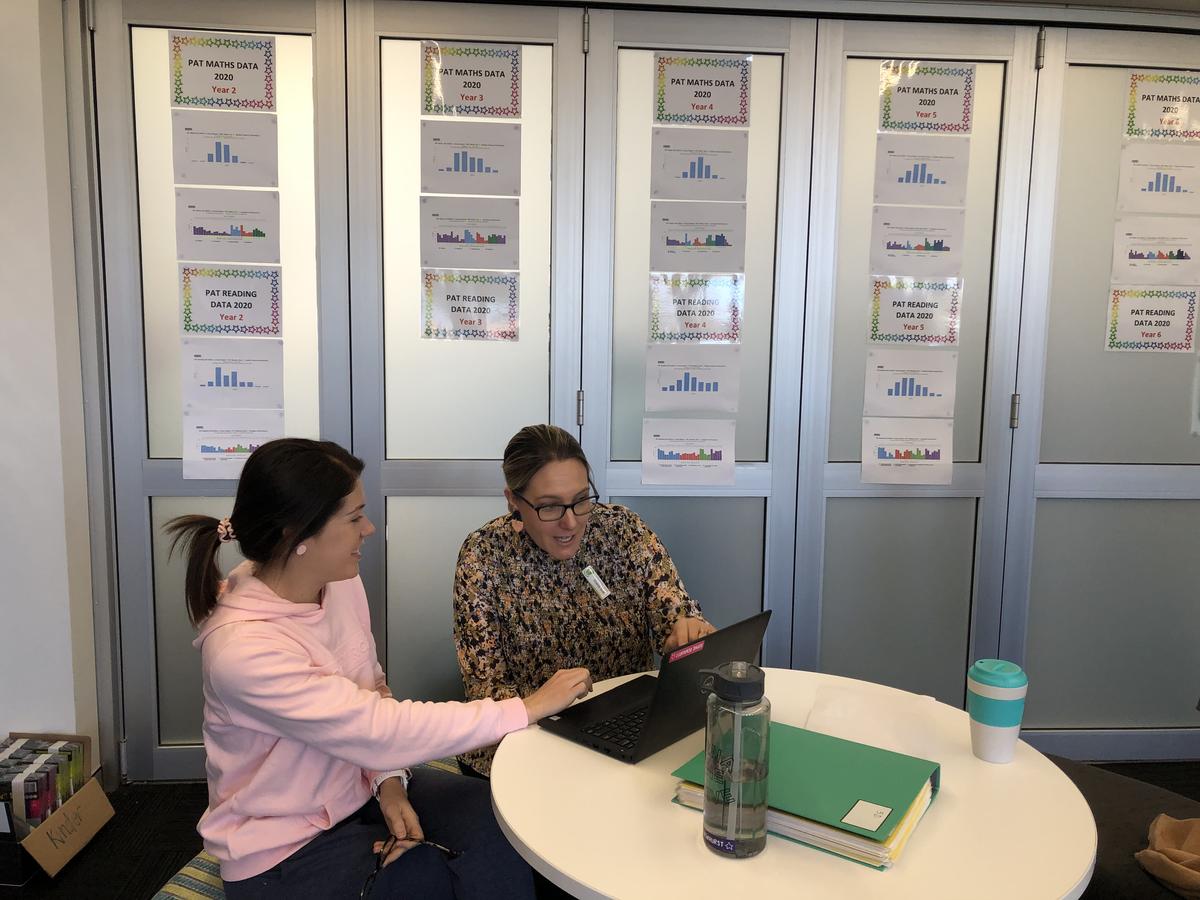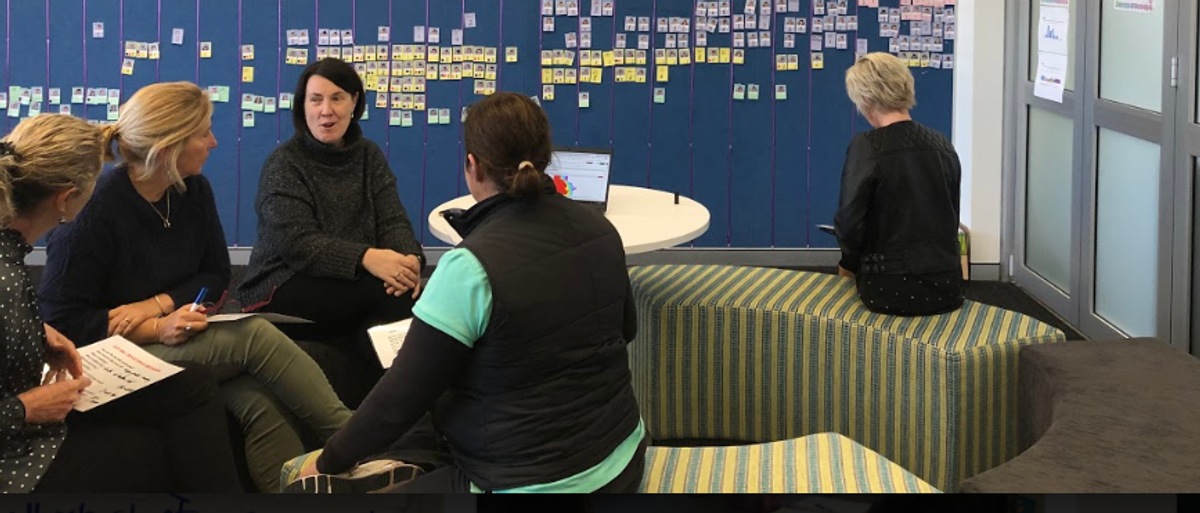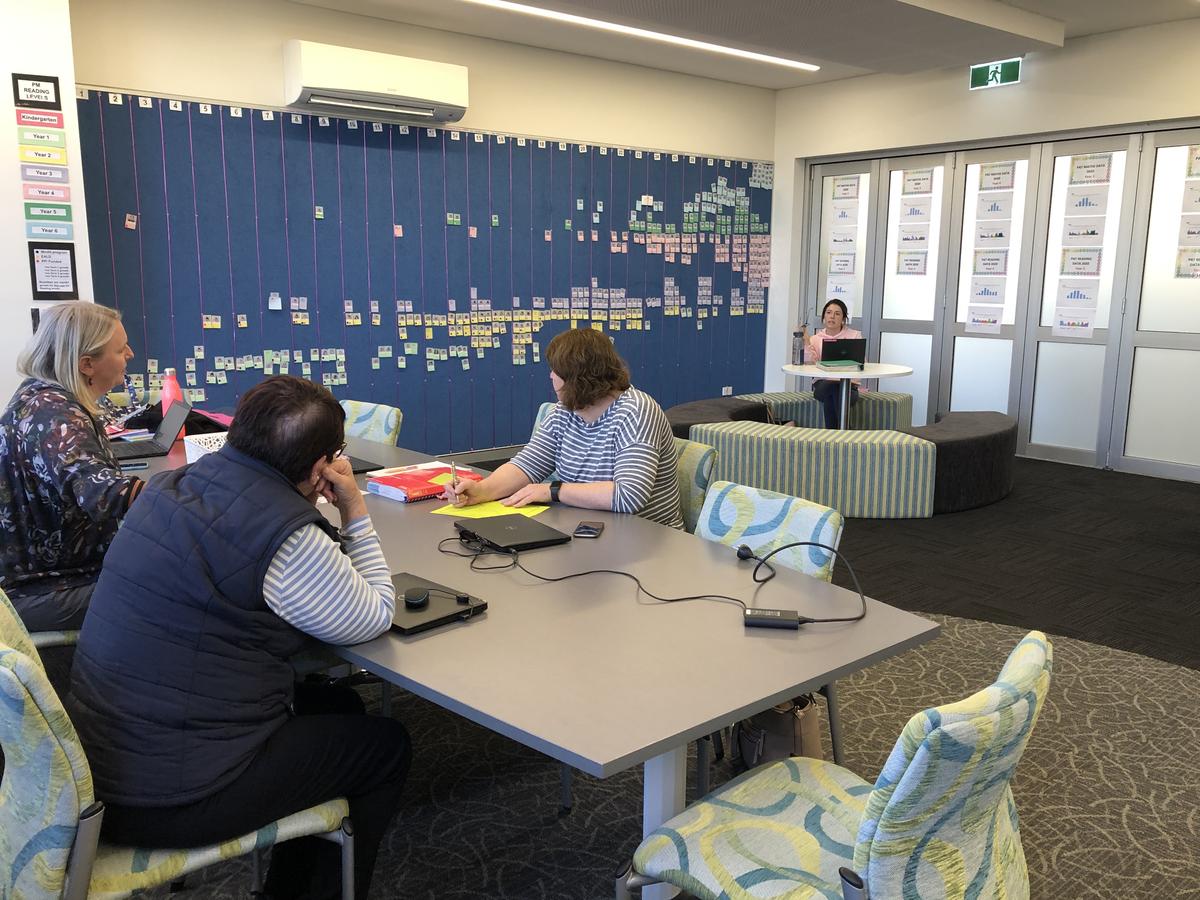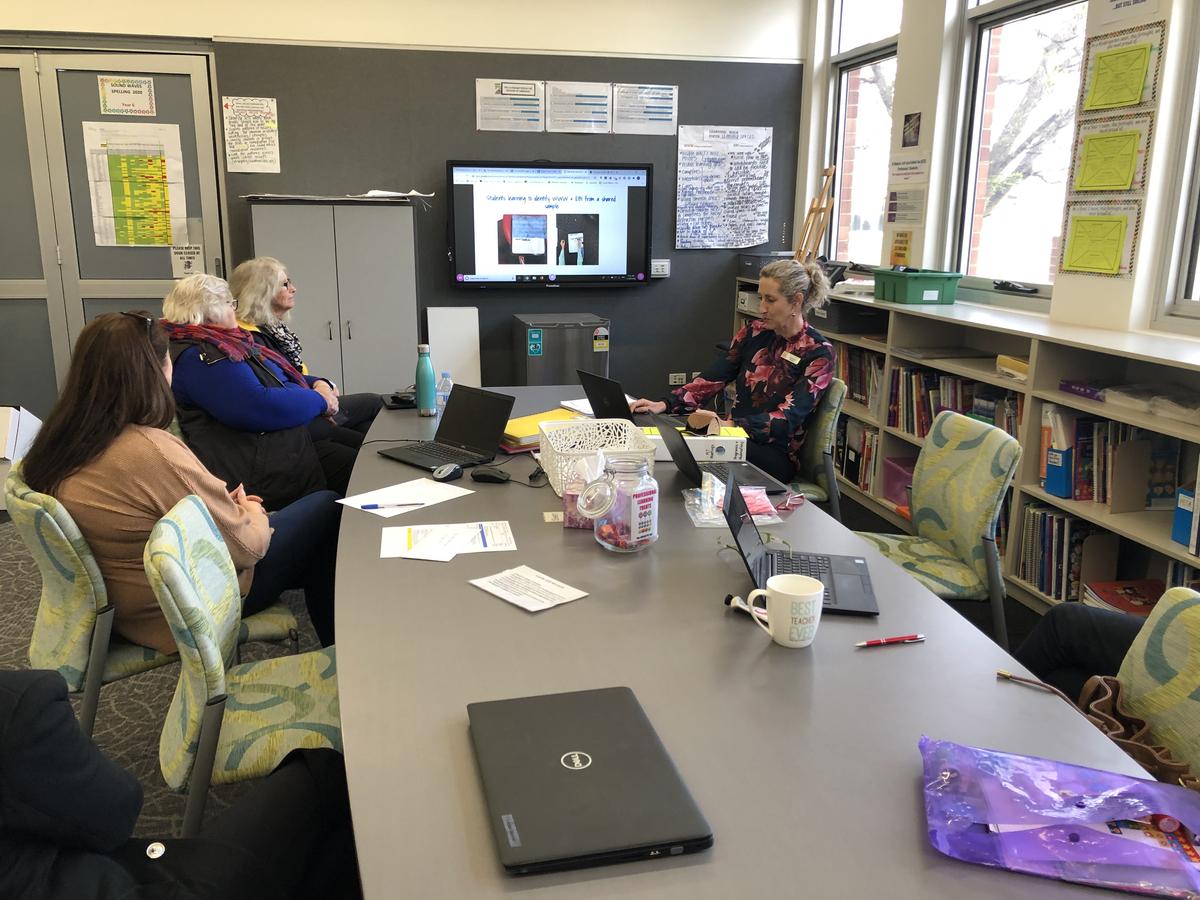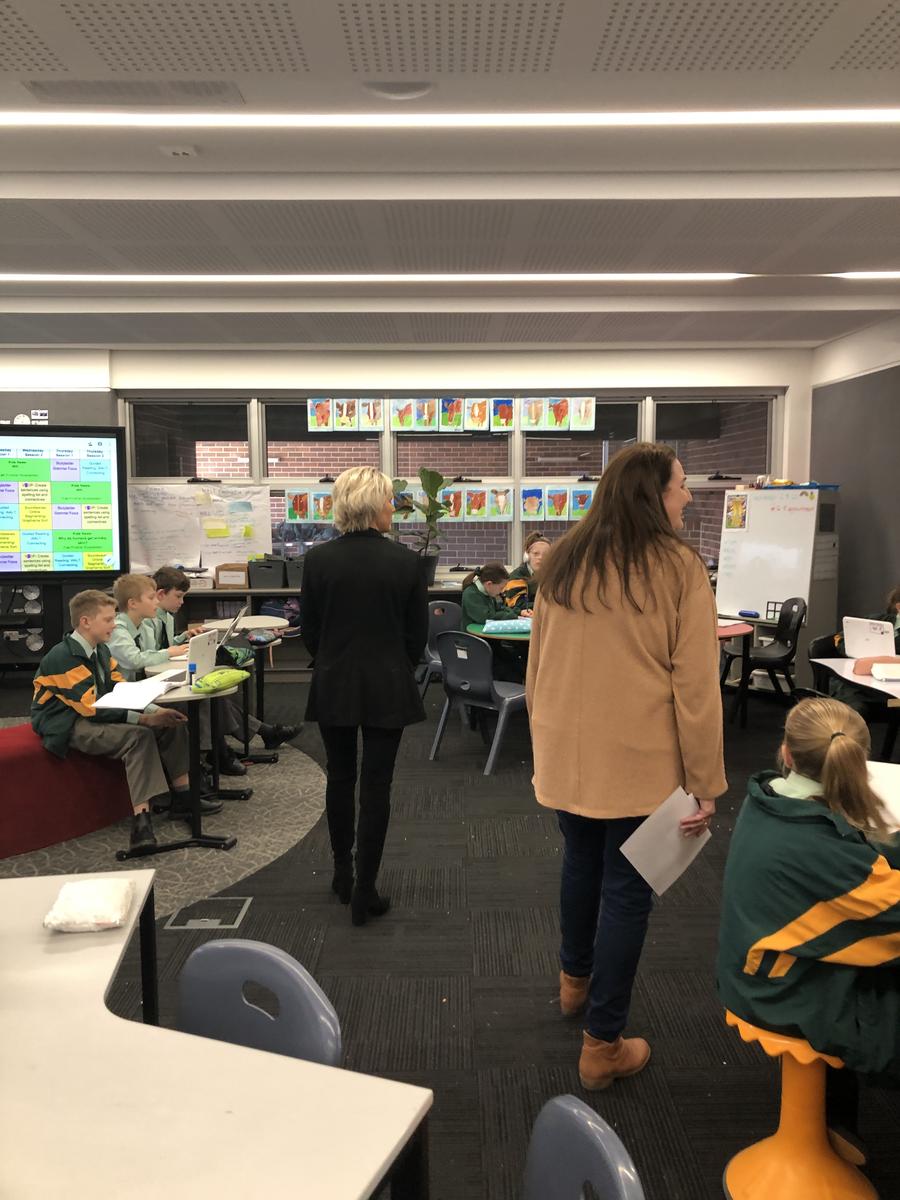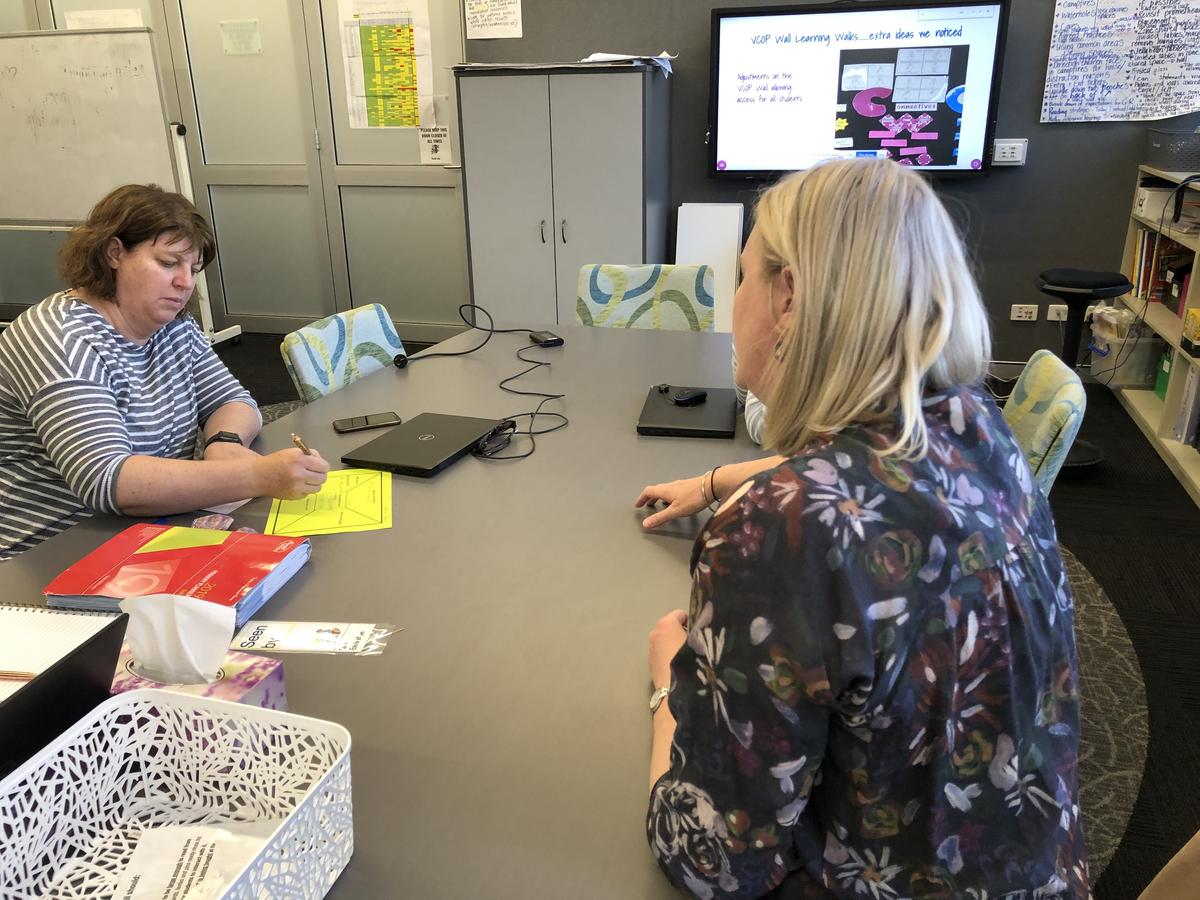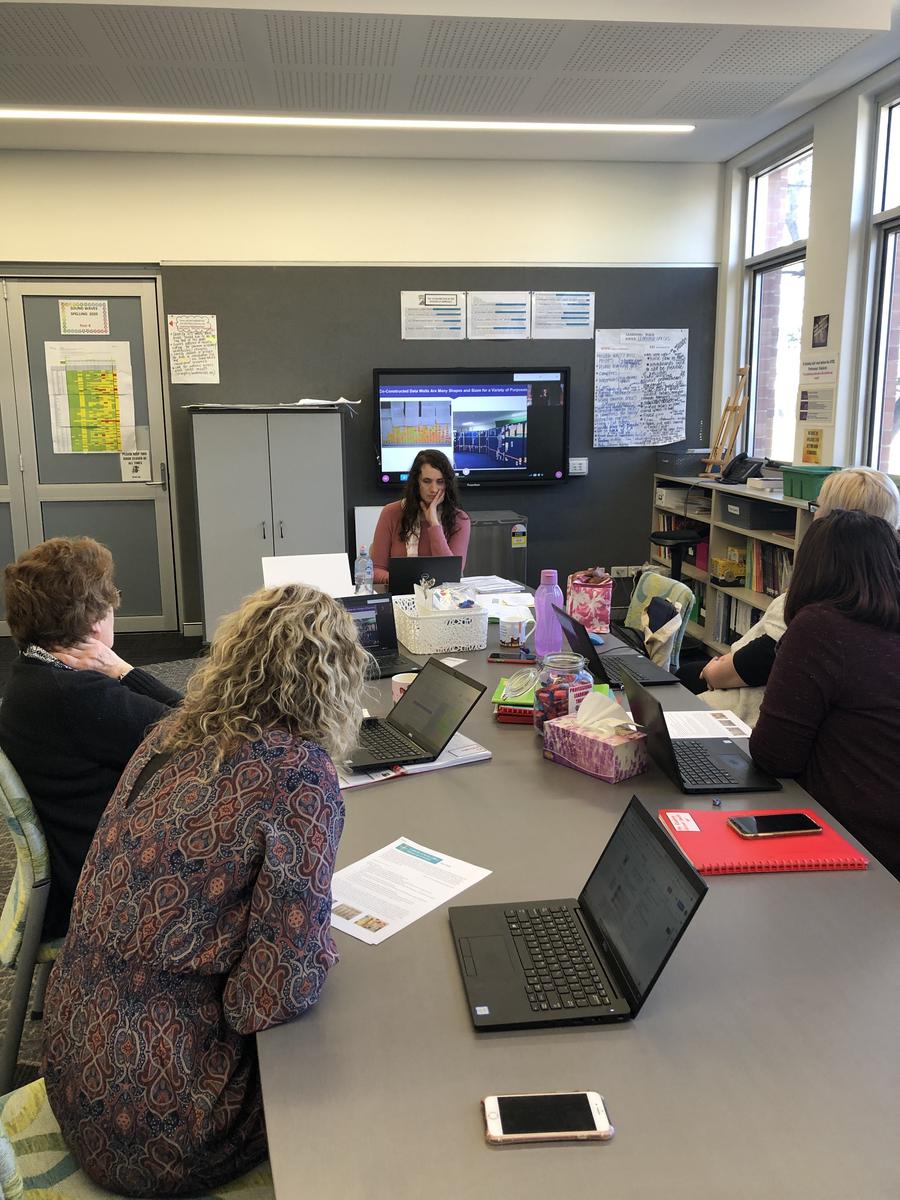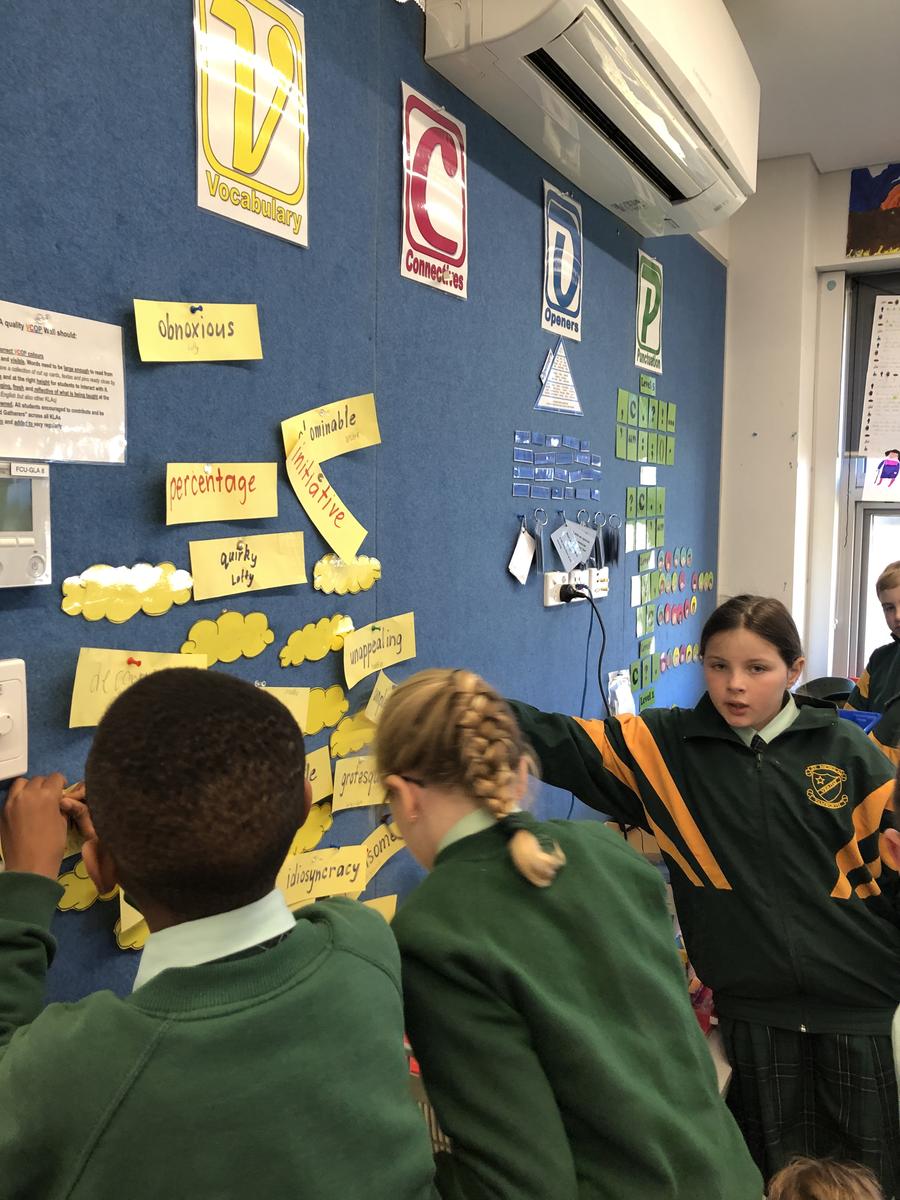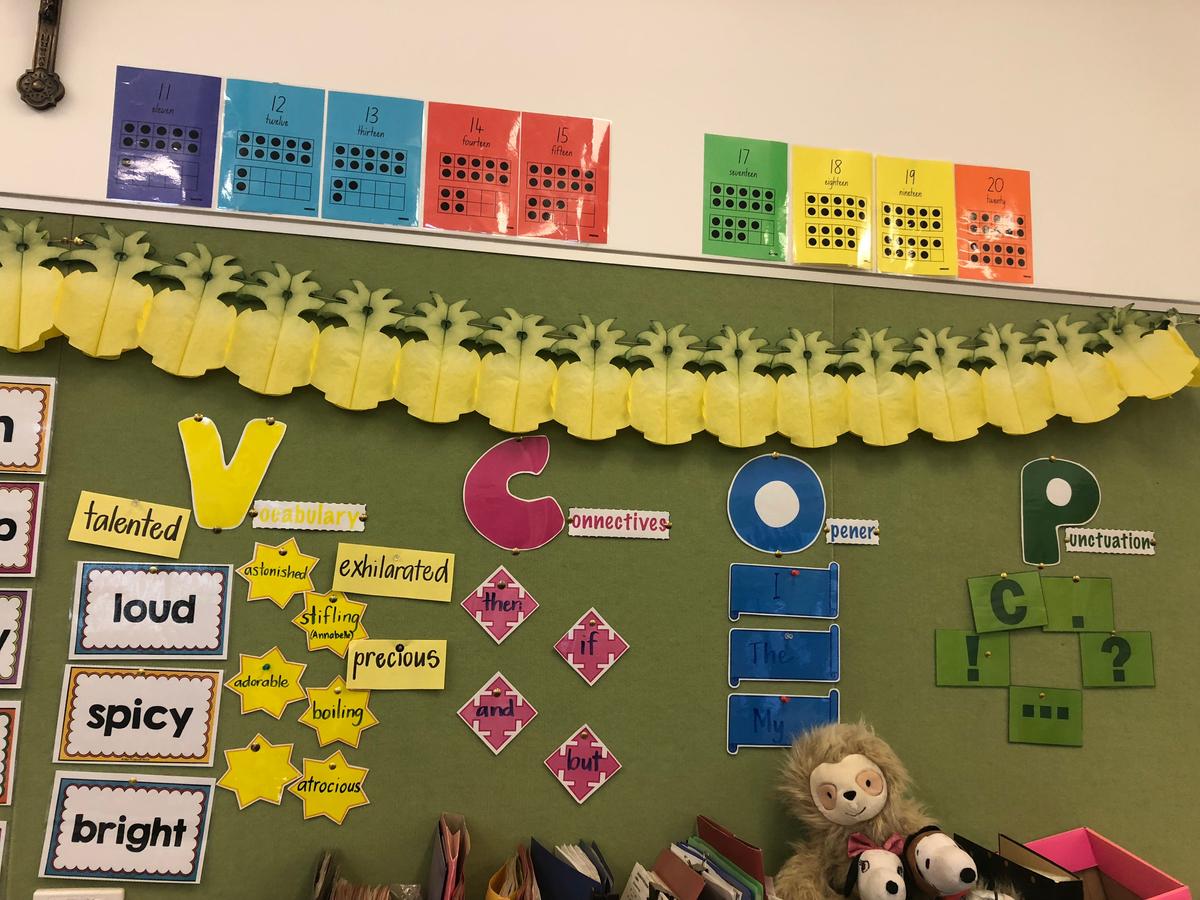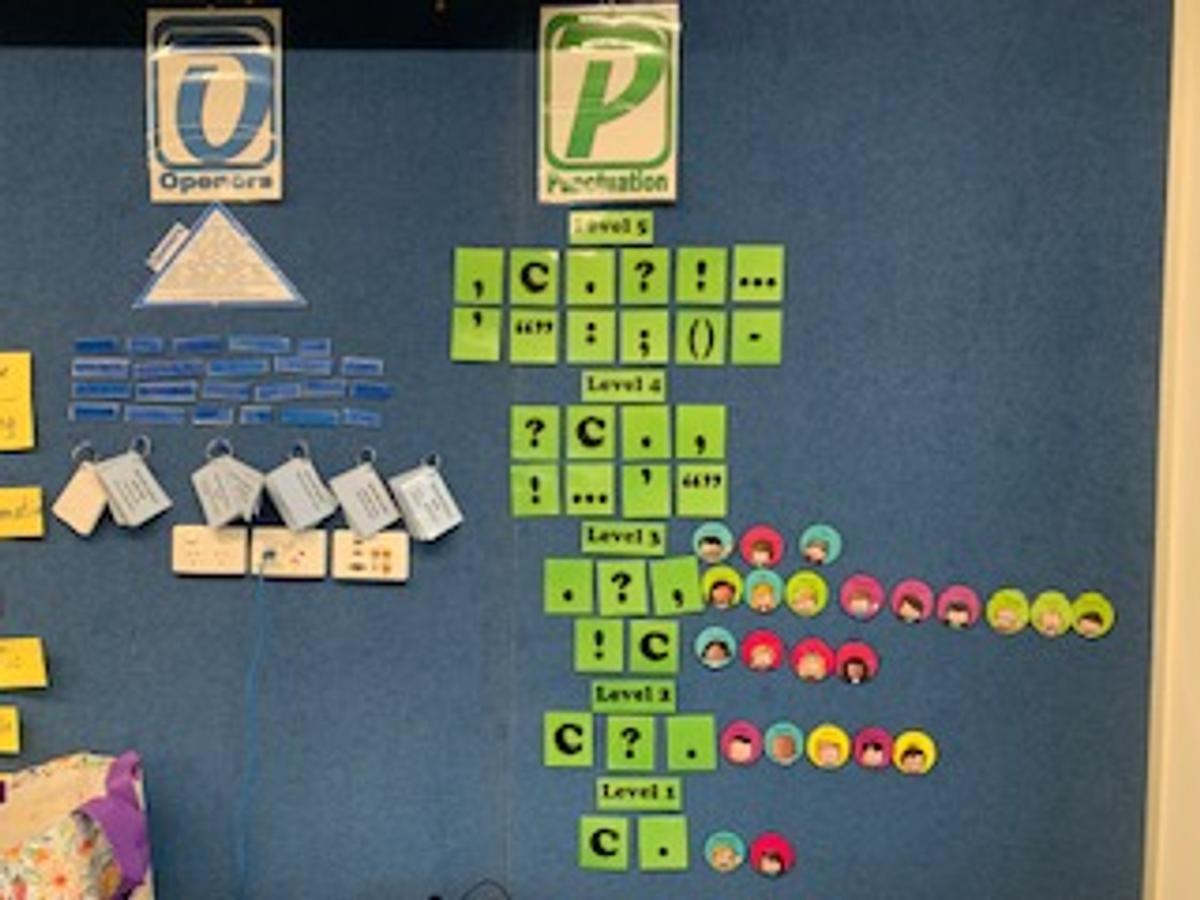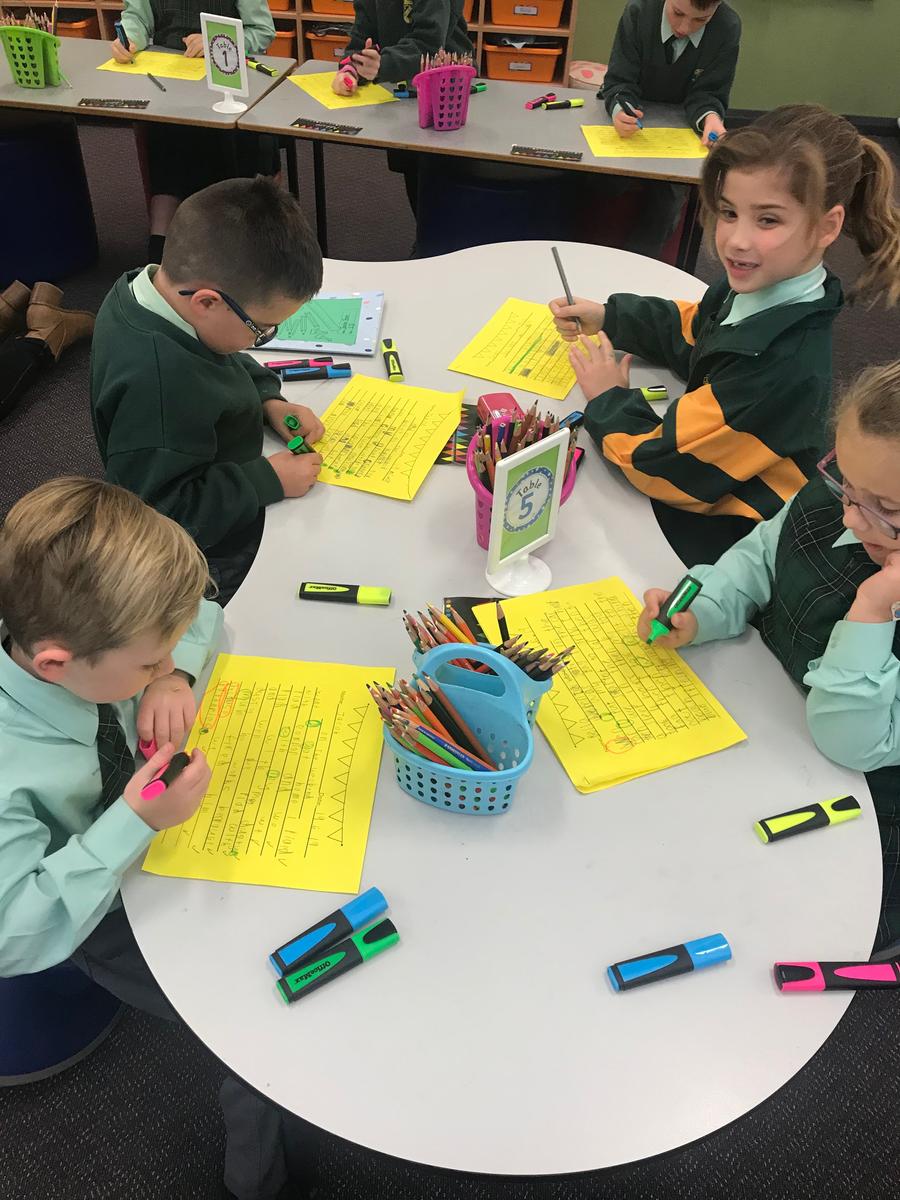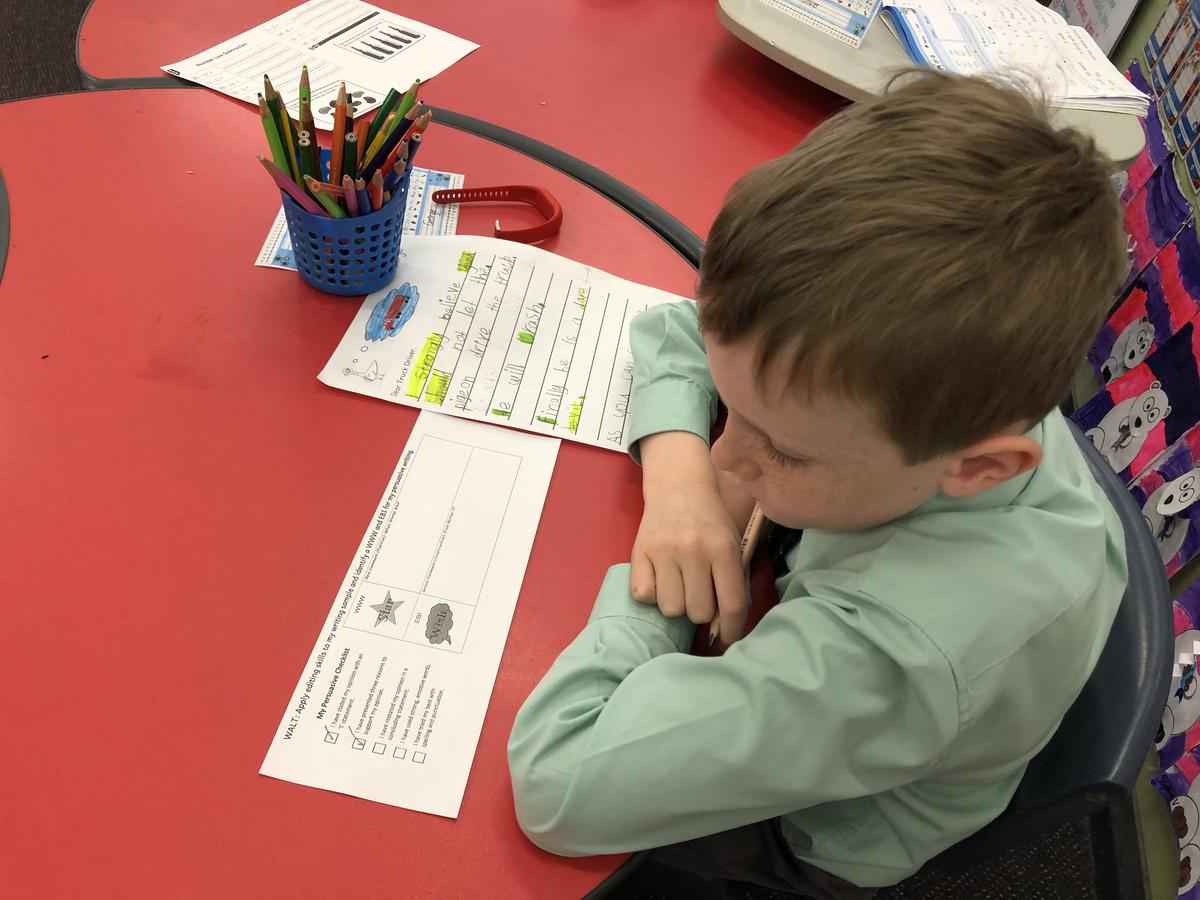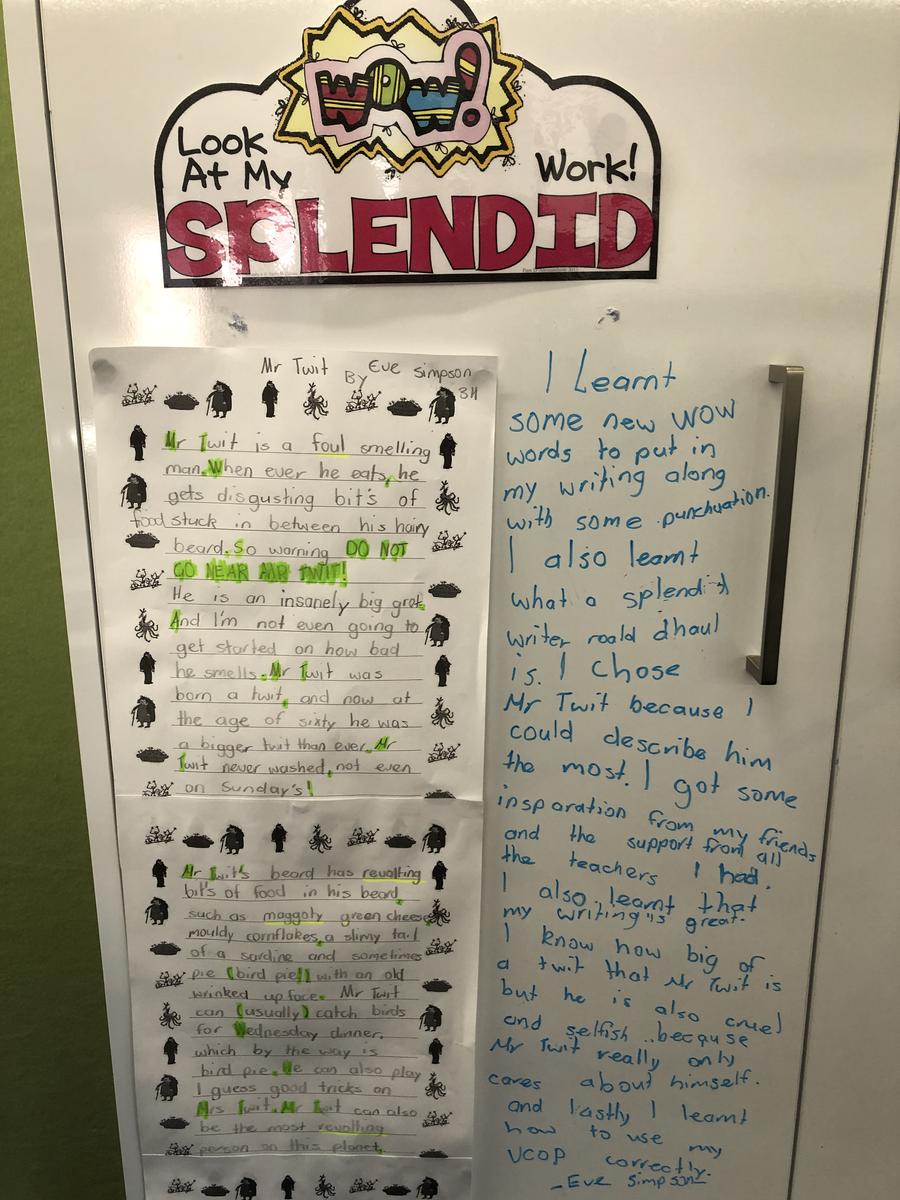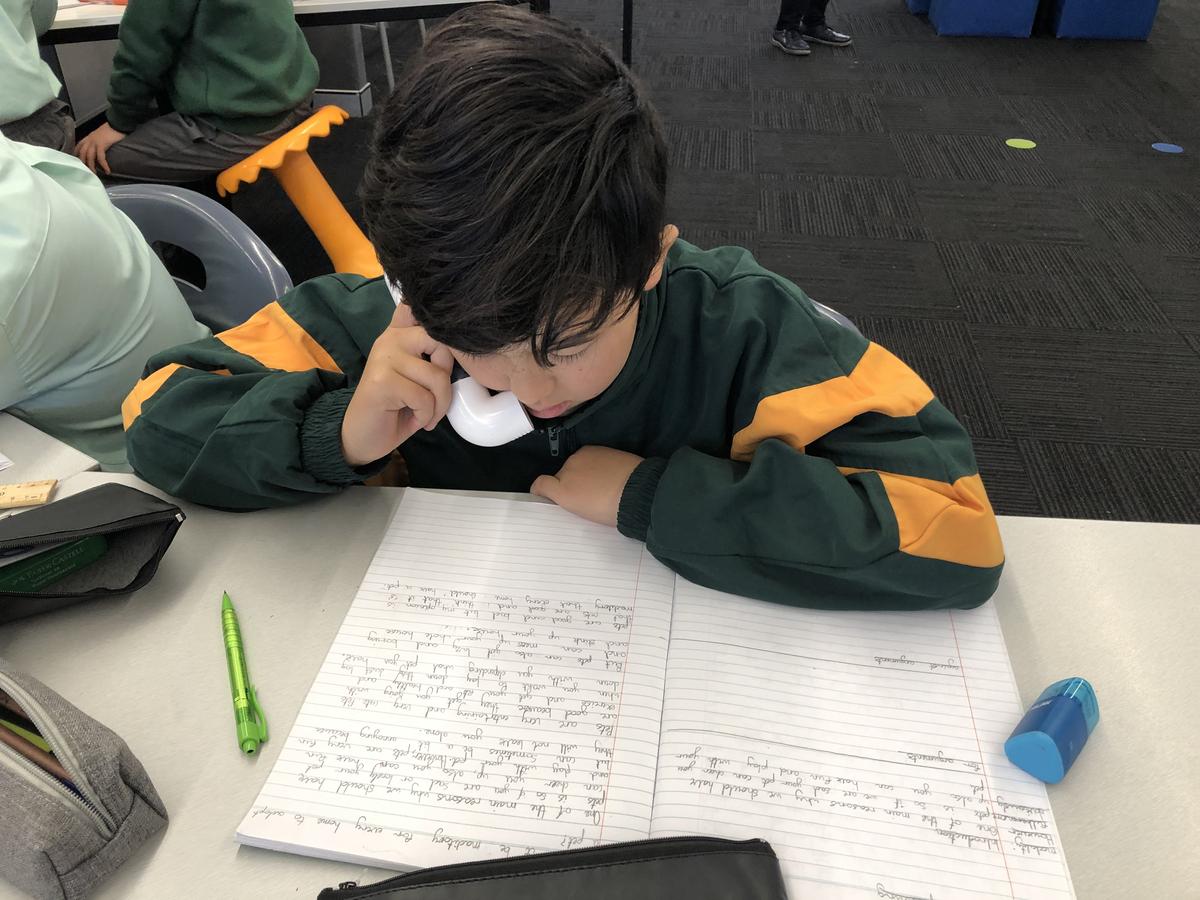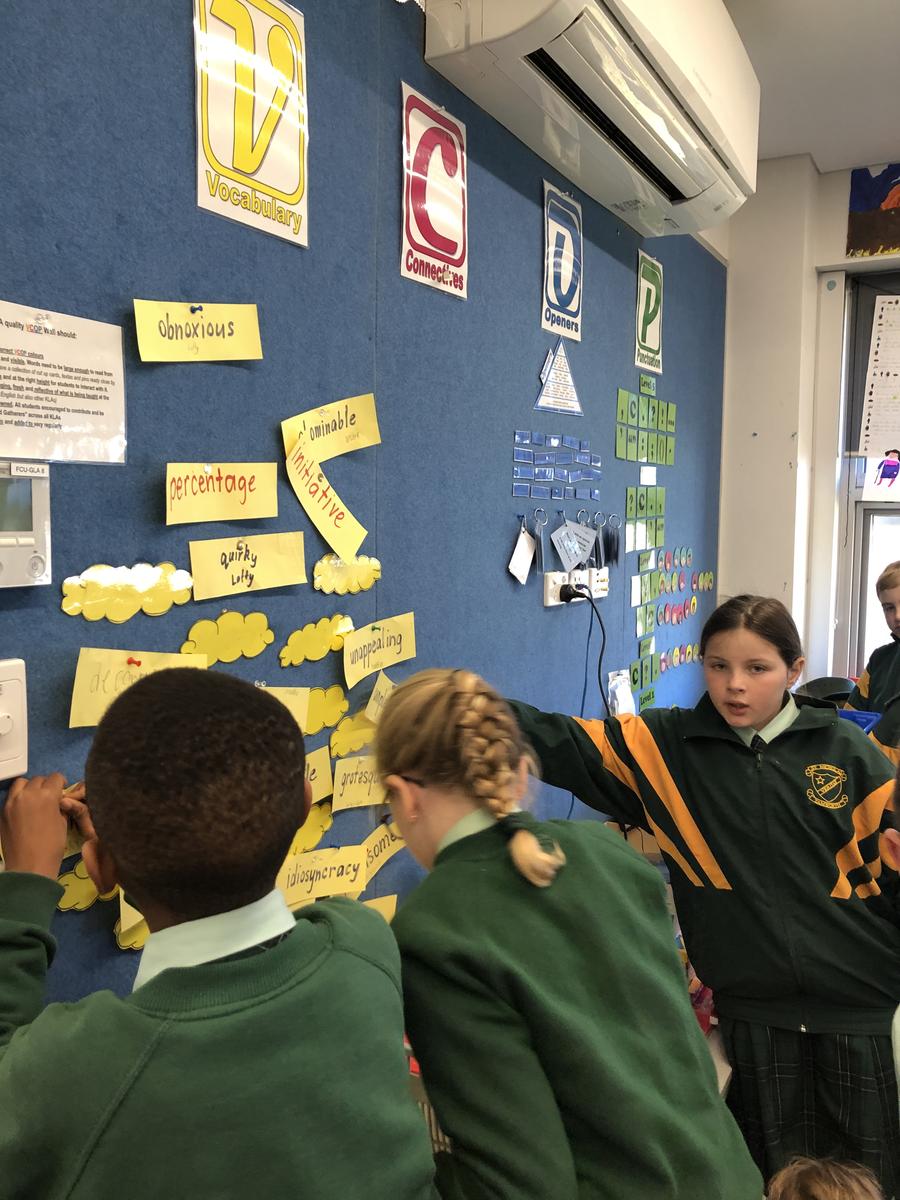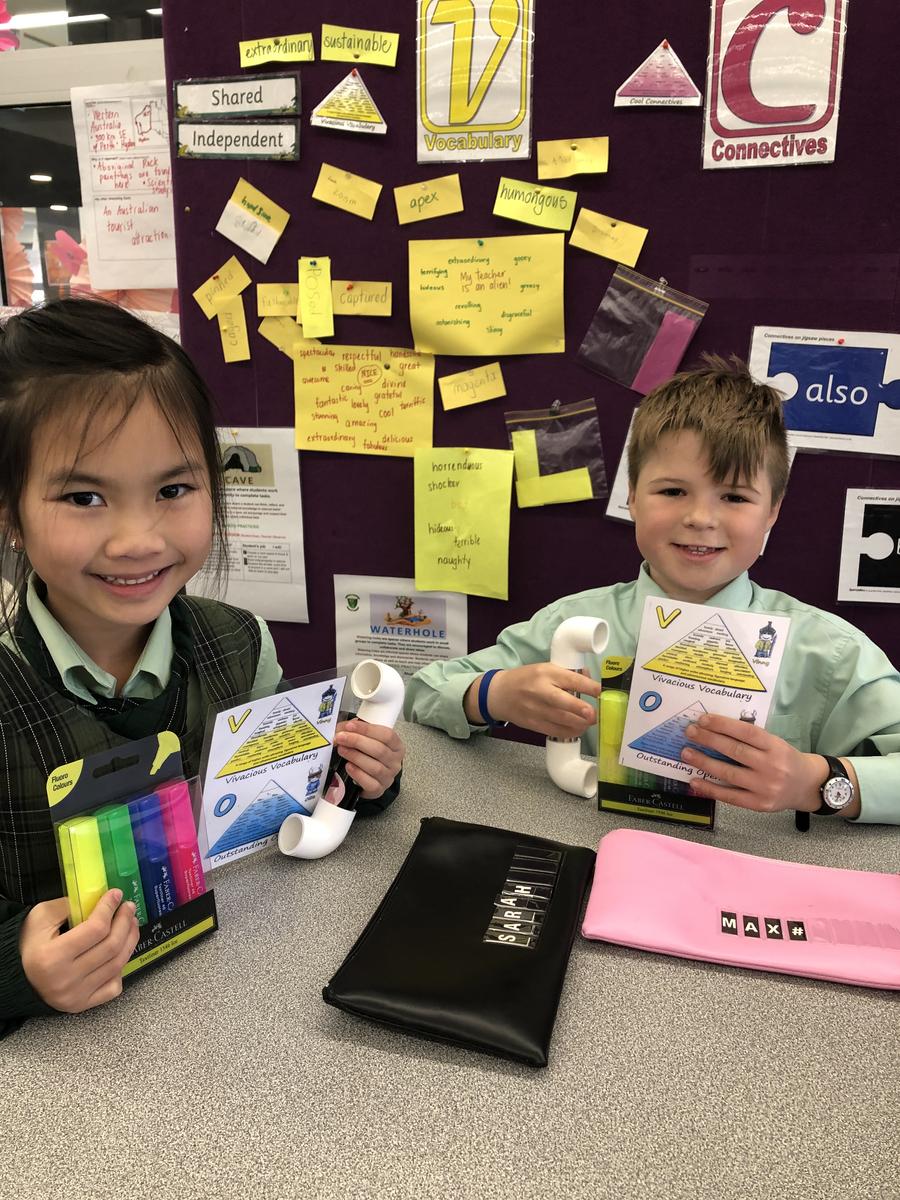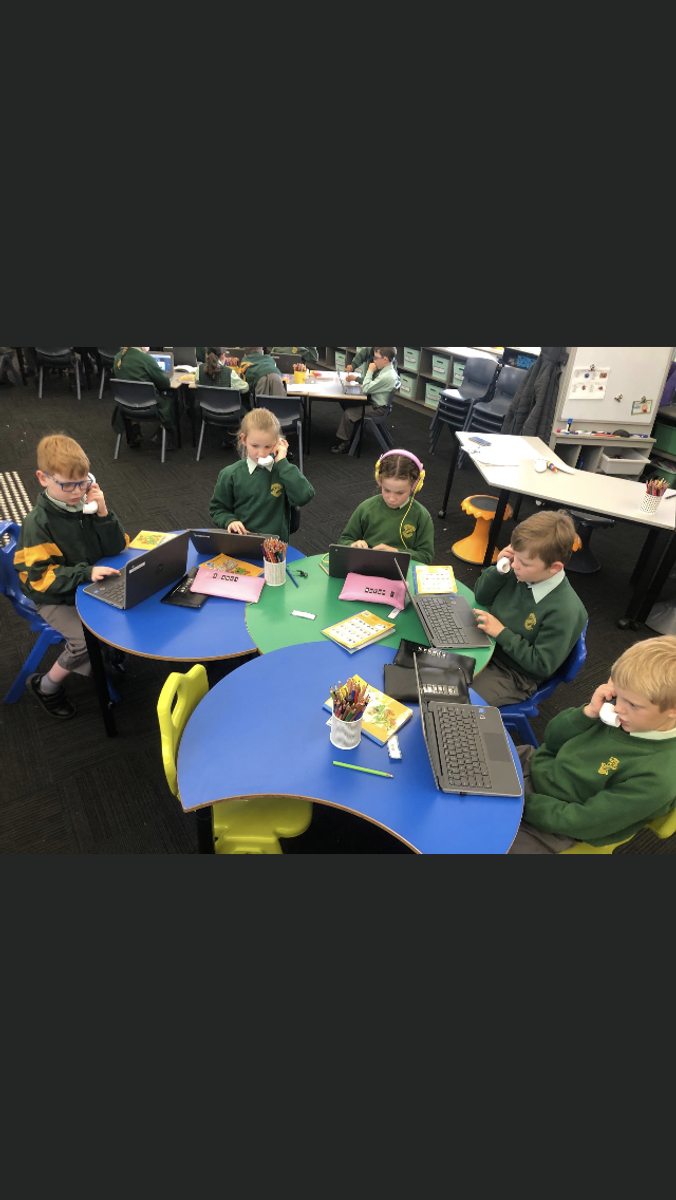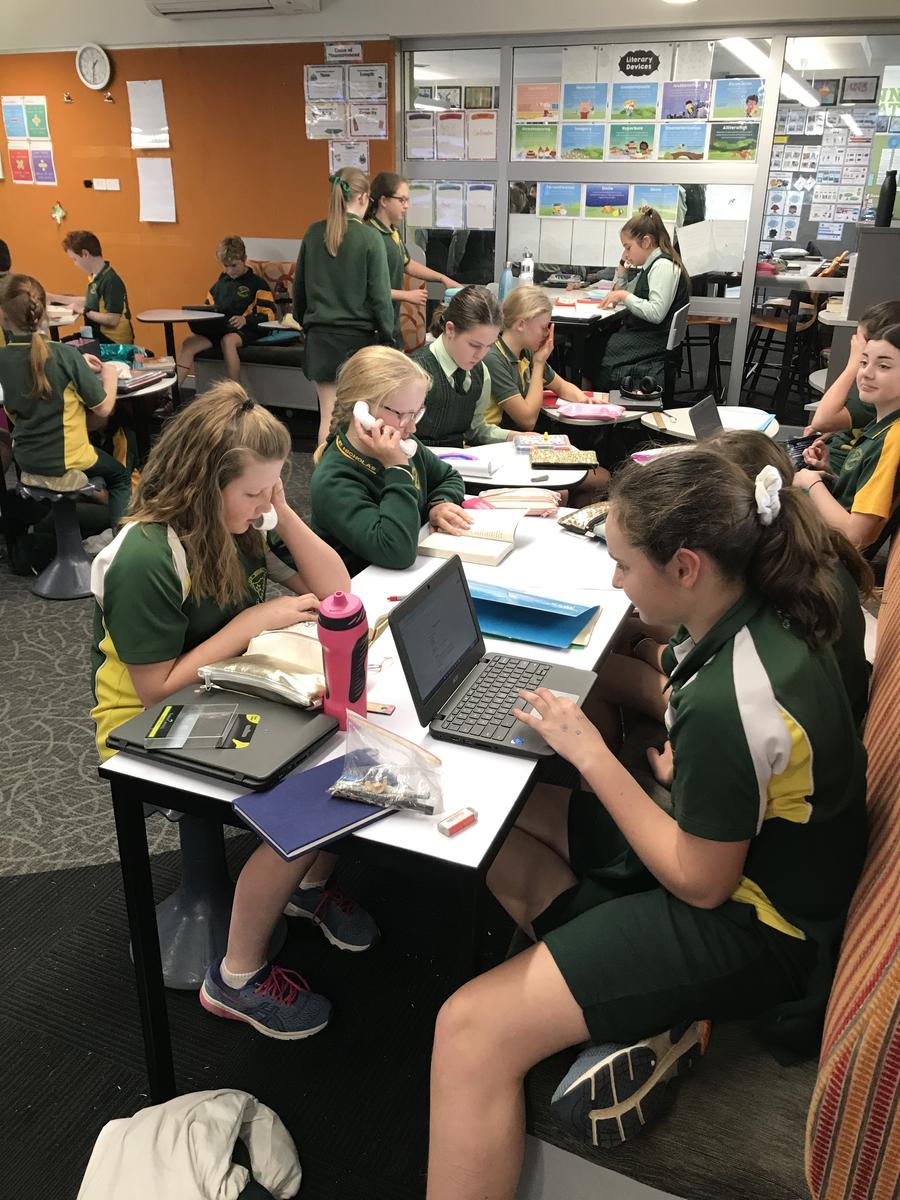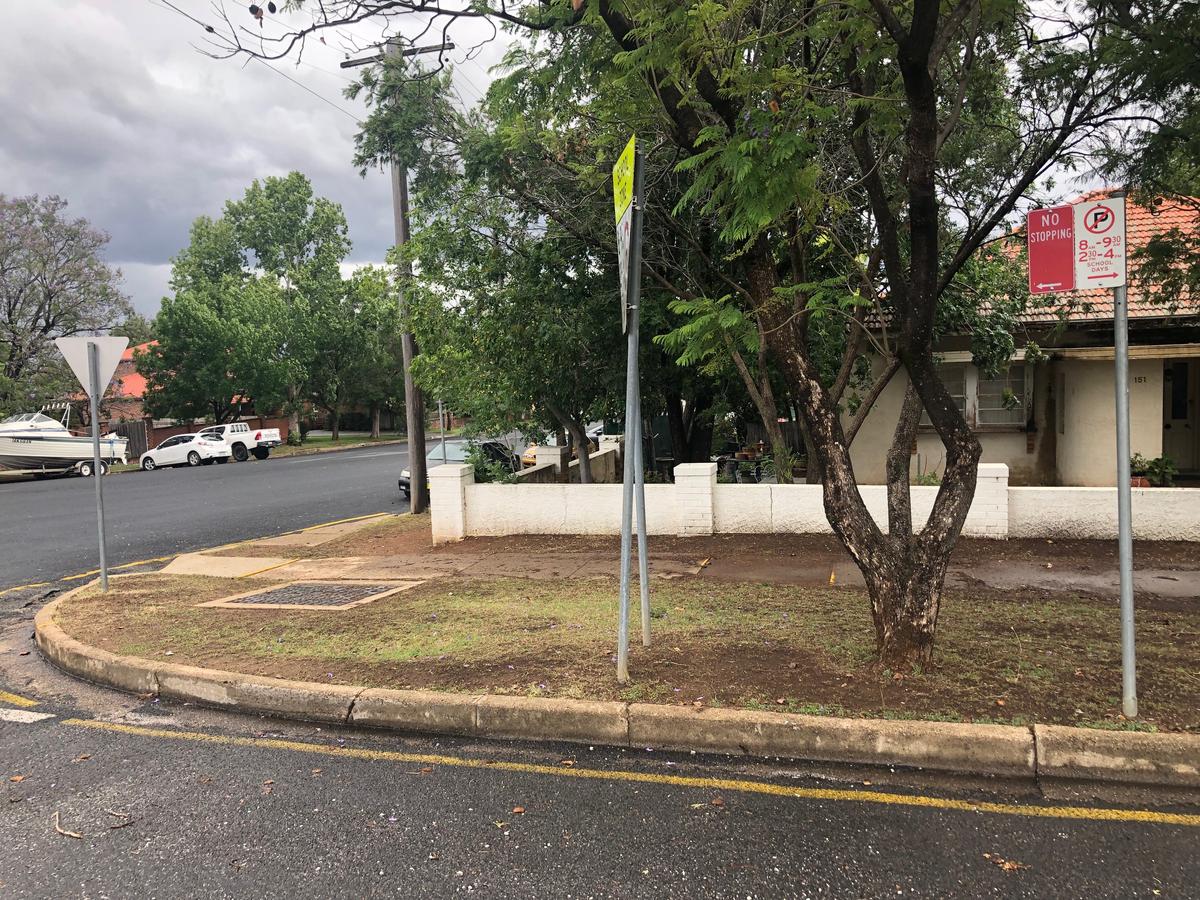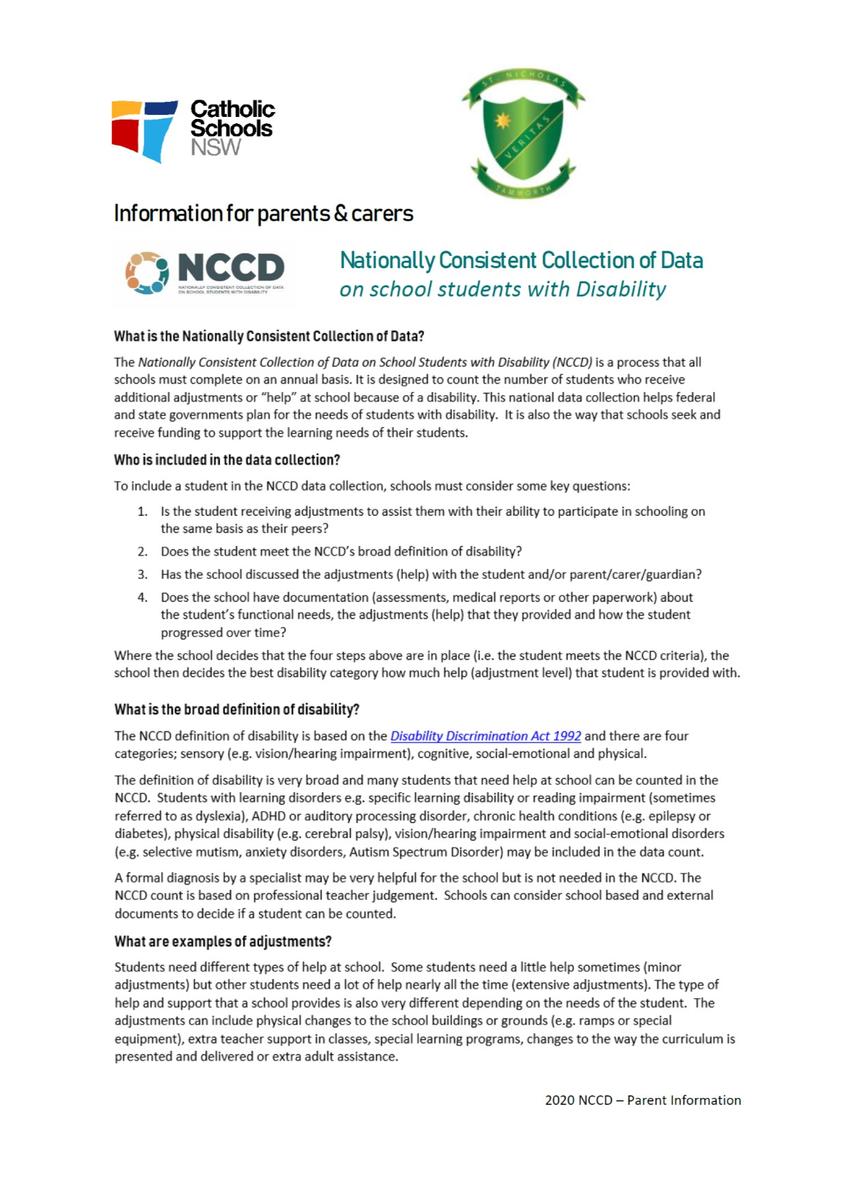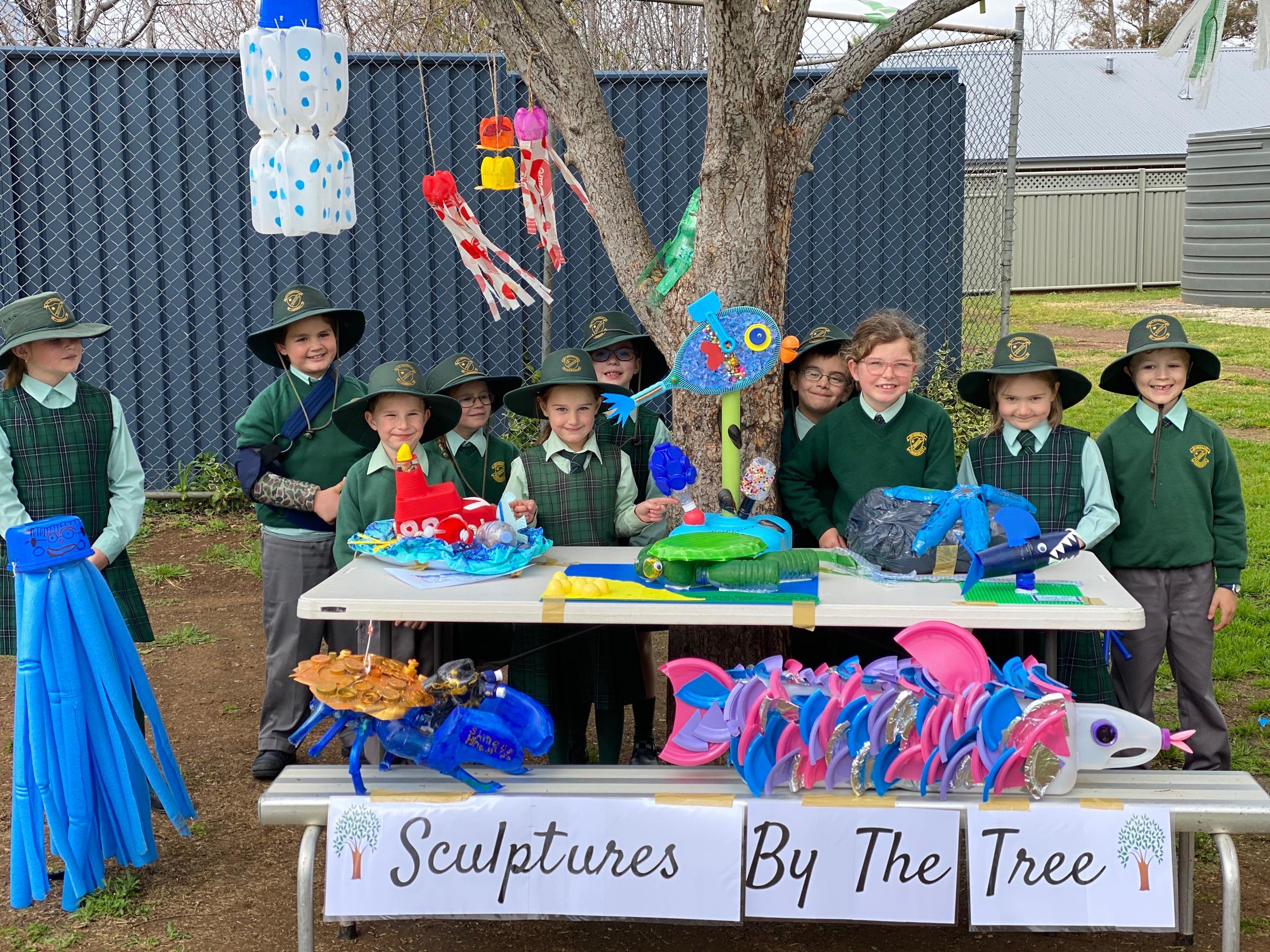
GENERAL NEWS
SCIENCE WEEK
This week is Science Week and the theme for 2020 is ‘Deep Blue”. Throughout the week, students will be given the opportunity to complete STEAM activities, culminating with a STEAM Expo to share our learning on Friday. Be prepared for lots of photos!
One of the activities is an art exhibition, Sculptures By The Tree. This has been such a magnificent display… as breathtaking as the iconic Sculptures By The Sea along the Sydney coastline.
We thought we might get just one or two art pieces but we have been overwhelmed with the efforts and numbers of the art pieces. Just like the famous sculptures, St Nicholas School Sculptures have been very interactive which has been wonderful to watch!
A huge thank you to all the budding artists and their families! From a bright green octopus to a floating fish... you all made the display sensational!
Even though we don’t have homework at St Nicholas School, there are lots of wonderful David Attenborough shows which highlight how precious and fragile our oceans and waterways are!
Our intention is to immerse the students in creativity, investigation, solving problems, collaborative working, thinking about the sustainability of our earth, AND TO HAVE FUN learning….lifelong memories of learning at St Nicholas!
Stay tuned for photos from the STEAM Expo and all the classwork!!!
SCHOOL PHOTOS
We have rescheduled the dates for our annual School Photos. School Photos will be taken over two days on Tuesday 1st & Wednesday 2nd of September (Week 7).
ALL STUDENTS WILL NEED TO BE IN THEIR FULL SCHOOL WINTER UNIFORM ON BOTH DAYS.
Please make contact with your child's class teacher if your child did not receive a photo envelope. Family photo envelopes are now available from the office.
What is a PLT and what goes on at St Nicholas staff meetings?
One of the tremendous things about St Nicholas school is that we believe: the learning of our staff is just as important as the learning of our students. Our weekly staff meetings are designed for Professional Development so that teachers are constantly being upskilled in their knowledge and practice. Guided Reading, Big Write & VCOP, Student Wellbeing and Thornburg’s Learning Spaces are just a sample of the focus areas of 2020.
In addition to staff meetings, you are no doubt aware that once a fortnight your child’s teacher spends a day working away from their students, whilst another regular staff member steps in and continues teaching from the class program. These days are extremely beneficial for teachers as they work as part of a Professional Learning Team (PLT) alongside their grade colleagues and the Leaders of Pedagogy. During this day student data is analysed, high impact teaching & learning strategies are discussed, and future planning (to meet current student needs) occurs. In addition to this, our teachers often have an opportunity to go on a ‘Learning Walk’ where they can observe specific practices across the school, essentially learning from their ‘expert’ colleagues and ‘checking in’ on student learning. Engagement in (and discussion of) professional reading is also a regular feature of our PLT meeting agenda.
Take a quick look at these snapshots of our staff in action, which truly echoes the sentiment ...........“Who dares to teach, must never cease to learn”
.
Have you heard the buzz about...........
“Big Write & VCOP”?
“Big Write and VCOP” is a super successful method aimed to improve the writing skills of every single student. Last year at St Nic’s we introduced this process in Year 1 and Year 4, and we witnessed enormous success and growth in our student’s writing. For some time now, all our staff have been participating in training and regular upskilling so that “Big Write & VCOP” becomes embedded in all our learning spaces, as it also is across all our Diocesan Schools.
The VCOP strategies we are teaching help students develop a clear understanding of Vocabulary (WOW Words), Connectives, Openers, and Punctuation. It’s fantastic to see our students across all grades using this learning to improve and create really powerful pieces of writing. During Parent/Teacher interviews you may have noticed the VCOP Walls in all our spaces which have become an ever-changing and interactive resource.
The “Big Write & VCOP” methodology also includes a heavy focus on oral language: “If they can’t say it; they can’t write it !” Therefore, there is a big emphasis on verbal ‘brain breaks’, games, and activities. And finally, one of the most powerful parts of “Big Write and VCOP” is that it motivates students to write and teaches them to independently analyse and up-leveltheir work. Perhaps your child has mentioned their special new “VCOP Pack” which includes a personal set of highlighters, VCOP pyramid cards, and their very own “whisper phone” (or Auditory Feedback Device).
We will definitely bring you more “Big Write and VCOP” updates as we progress into further stages of implementing the process. For now, though, take a look at our journey so far in the picture gallery.
Amanda Doyle & Shelly O’Sullivan (Leaders of Pedagogy)
CAR PICK-UPS - Road Rules & Common Courtesy
Parents are reminded to adhere to the road rules and traffic signs when dropping off or picking up their child/ren. Please note, there is a NO STOPPING SIGN at the corner of Carthage and Roderick Streets. NO STOPPING means NO STOPPING. Please remember this when using car pickups in the afternoon and drop-offs in the morning. Also common courtesy needs to be exhibited if the neighbours of our school are trying to access or get out of their own driveway.
MANNERS MATTER at St Nicholas School
Not just sometimes, but all the time.... but why?
Almost everyone understands that there's a reason for etiquette guidelines and rules for good manners. After all, most parents start teaching polite words and phrases to their children early in life. They know that they're giving their children an advantage that will carry over into social, educational, and eventually professional situations.
Throughout their lives, people face behaviour rules and the consequences of ignoring them. Schools have written rules that they expect students and teachers to obey. Employee handbooks are loaded with policies of etiquette and showing respect to coworkers.
Why Have Good Manners?
Without proper etiquette, society would be a mess with free-for-all behaviours that would have rude people dominating those who care about others. People would say whatever is on their minds, regardless of how crass it is. Forks would fly, and elbows would rock tables in restaurants and homes. Diners would be grossed out by people who speak with their mouths full of food.
Most parents don't want to contribute to bad behaviour in society, so they teach etiquette to their children at a very young age, starting with saying "Please" and "Thank you." They encourage their kids to share and not be selfish with their toys, and then as they get older, they progress to some of the more complex manners concepts, such as how to properly introduce someone and how to make a good first impression.
Social
Most people remember having to listen to etiquette rules over and over throughout their childhood before leaving the house. Whether they were going shopping at the local store or to a friend's house for dinner, parents repeated a long list of what was expected.
At the time, it may have seemed redundant. But once they become adults and start having their own children, they understand because they now do it. As adults, most of us still care about having a social life. Ignoring proper etiquette guidelines can leave us off the guest list and have people running the other way when they see us coming.
Professional
There are certain expectations of how a business person is supposed to act in a professional environment. If you follow the rules, you're perceived as someone who knows what you're talking about. However, if you don't, you may be laughed at and possibly even ignored. In the long run, bad manners at the office may cost you a promotion, or worse, your job.
NATIONALLY CONSISTENT COLLECTION OF DATA
COMMUNICATION WITH SCHOOL
Our office is open between 8.00am and 4.00pm each day. For any queries, the most efficient way of contacting our staff during this time is via email.
admin@stnicholastamworth.catholic.edu.au
jgrady@arm.catholic.edu.au
SUPERVISION OF STUDENTS
All parents need to be aware, our supervision of students
does not begin until 8.15am each day.
We are increasingly concerned that children are being dropped off and left on their own, unsupervised by parents before this time - often up to half an hour earlier. This is not a safe or acceptable practice. Currently students are expected to come in and sit in the Holy Family Courtyard unsupervised and wait. We cannot be responsible for any accident or potentially harmful incidents occurring. Please organise alternative care for your child if your child requires supervision before 8.15am.
HELP KIDS BEAT COVID INDUCED ANXIETY
Below is an article from www.parentingideas.com.au by Dr Michael Grose, founder of Parenting Ideas and one of Australia's leading parenting educators.
Since COVID has entered our lives I’ve had countless conversations with parents and enquiries from schools seeking presentations on how to support kids who with COVID induced anxiety.
It’s wonderful to see how kids’ mental health and wellbeing is being prioritised, and importantly, resourced. However these conversations show we still have some way to go as a community to fully grasp the nature of anxiety.
While the current situation we are all living through is extremely difficult, it does present an opportunity to develop sustained growth and vitality in anxious children and young people.
In Anxious Kids, the book I co-authored with Dr. Jodi Richardson we wrote, “Anxiety doesn’t have to be the shadow that clouds the days of children and young people. Understanding that anxiety is a well understood and manageable condition brings anxious kids such relief.”
We wrote this pre-COVID and nothing since has caused me to change my mind. In fact, experiences of this COVID era have reinforced that the more we know about anxiety the less fearful we are and better equipped to move kids from anxiety to real resilience.
There is no cure for anxiety
Just as there’s no cure for the common cold, and it would appear the coronavirus, there is also no cure for anxiety. We know that anxiety runs in families. Children are born with a predisposition for anxiety. There is every likelihood that an anxious child will have at least one parent who experiences anxiety, maybe not clinically, but one who is familiar with a churn in their stomach, the constant overthinking and the desire to over prepare when they face new or unfamiliar situations.
The impact of anxiety can be minimised
Anxiety may be a constant companion for many children but it’s certainly not their best friend. Often, it’s a demon with which they are locked in a long-running, laborious battle where simple activities such as attending school camp or doing at home learning become something they dread. Alternatively, they can avoid events or situations that make them anxious or bring them discomfort.
It’s better to give an anxious child or young person tools such as mindfulness, checking in and deep breathing with which they can manage their anxiety, rather than allow them to miss out and be miserable, or tackle discomfort full on and be stressed out.
You can build anxiety resistance
While we can’t necessarily tackle anxiety at its source and make the situations that overwhelm a child disappear, we can help them to develop a lifestyle that builds their resistance against the very worst of anxiety. Plenty of sleep, adequate diet, regular exercise and sufficient time in nature are some of the lifestyle factors that builds strength against the psychological ravages of anxiety.
You can help kids reduce their ongoing anxiety
While the world waits and prays that we’ll come up with a coronavirus vaccine, we don’t have to wait to help a child or young person with anxiety. A combination of being nurturing and firm (features of the authoritative parenting style) offers the best protection against ongoing anxiety. A child is best prepared to face difficulties when they have a confident, calm adult in their life who says, “I think you can do this,” encouraging them to face their fears. This approach needs to be supported by an empathetic adult who understands the impact of anxiety and makes sure that kids feel safe and secure.
While parenting an anxious child or young person can feel overwhelming and difficult, I encourage you to think about it differently. We can’t change what is happening right now, and we can’t undo it. Help your anxious child to flourish in this COVID era by building their understanding of anxiety. Give them the tools to help them push anxiety into the background. Promote a lifestyle that will protect them from its affects by ensuring they experience nurturing, firm, brave and hopeful parenting. We hope coronavirus will one day disappear, but your child’s ability to be impacted by difficult events will still be an issue unless you take some preventative action now. The good news is that there is so much you can do to help.
